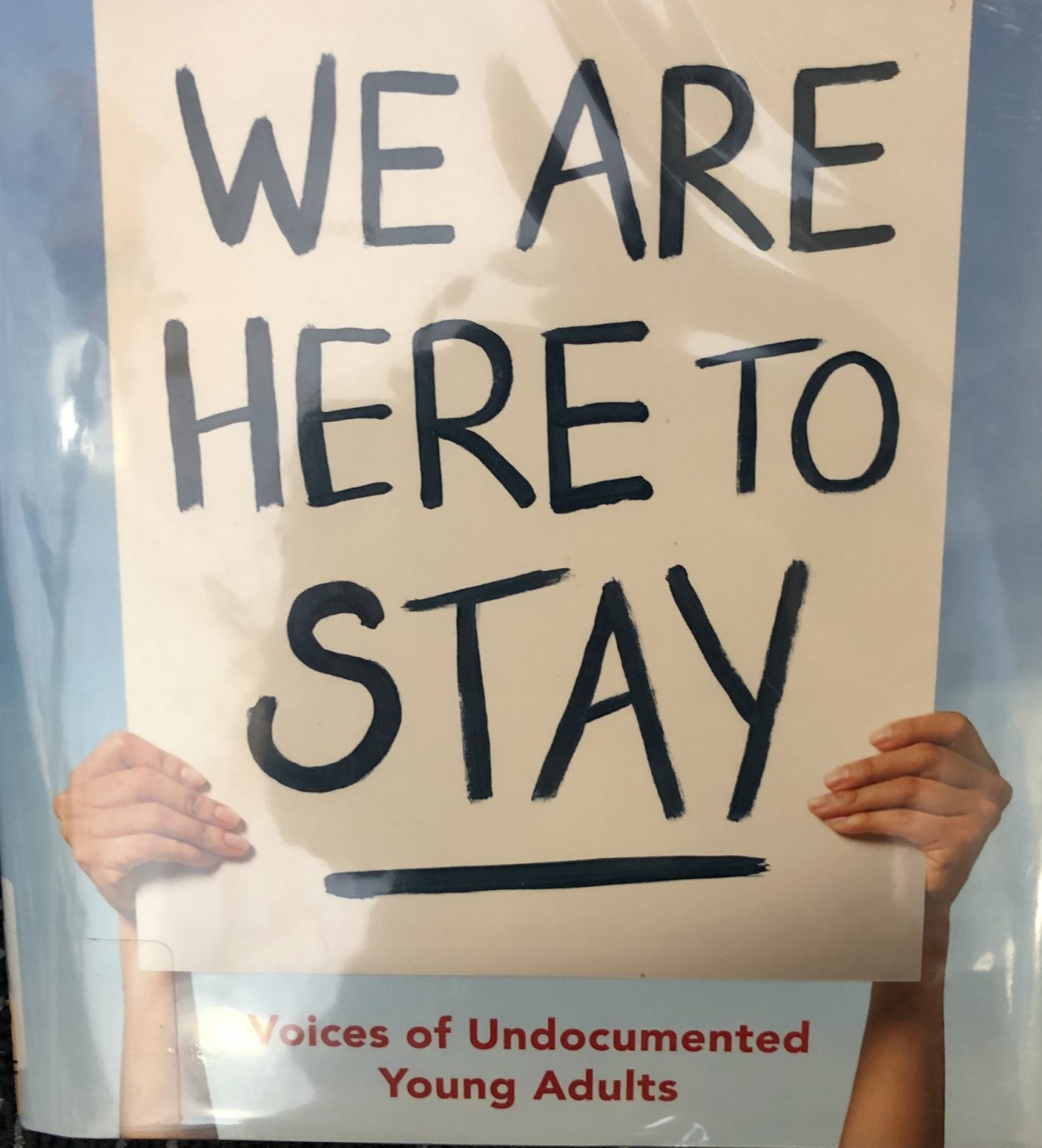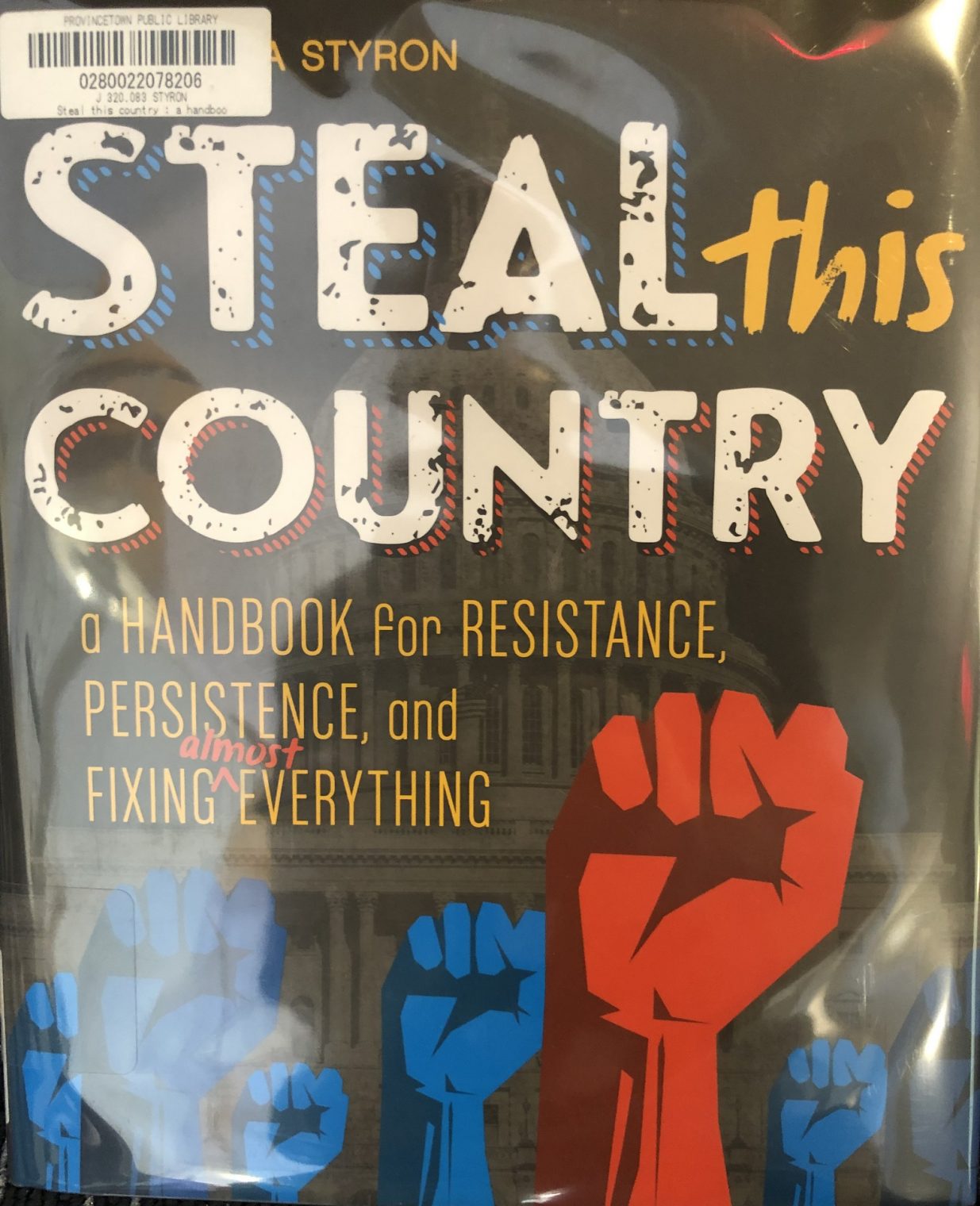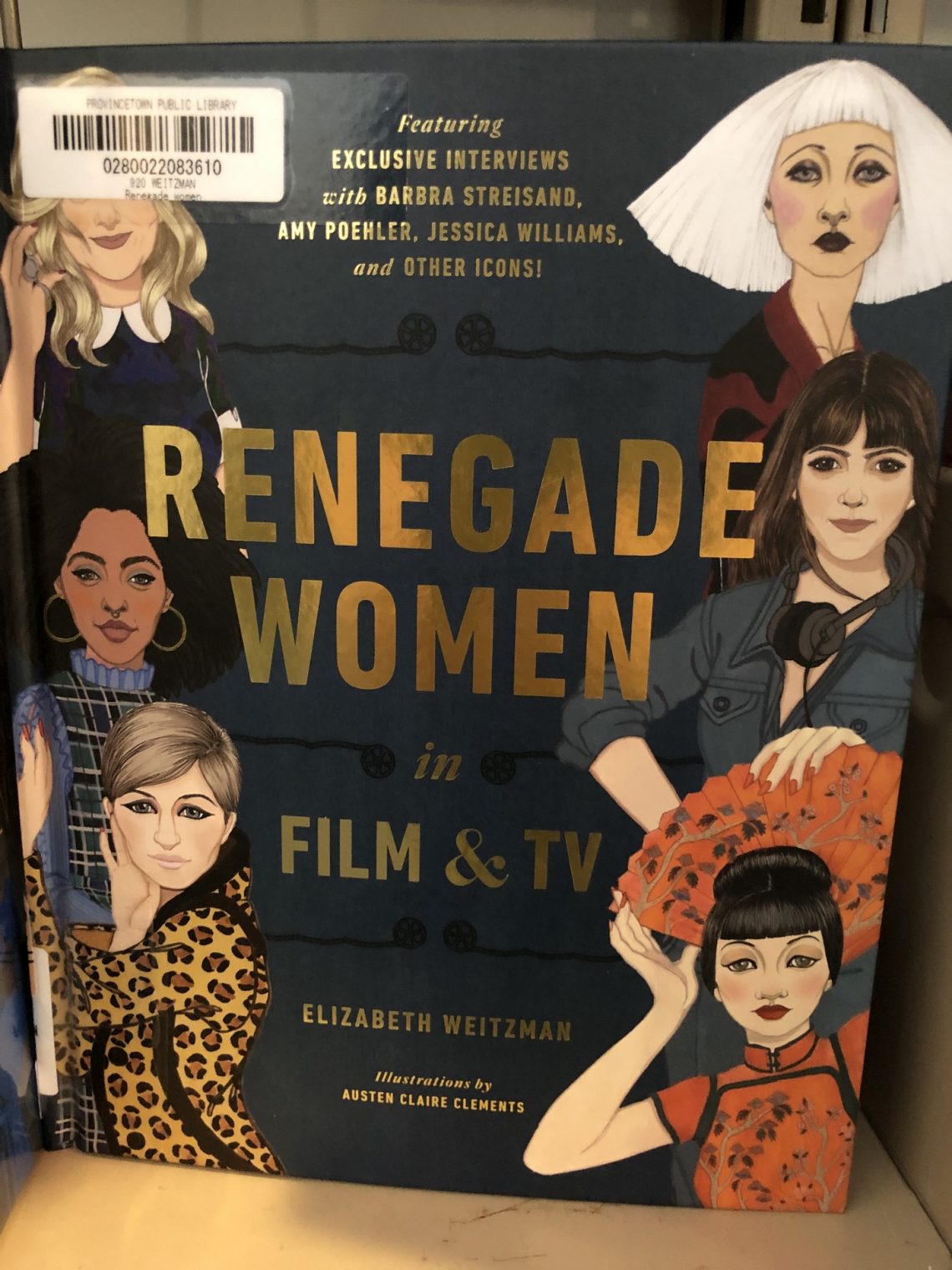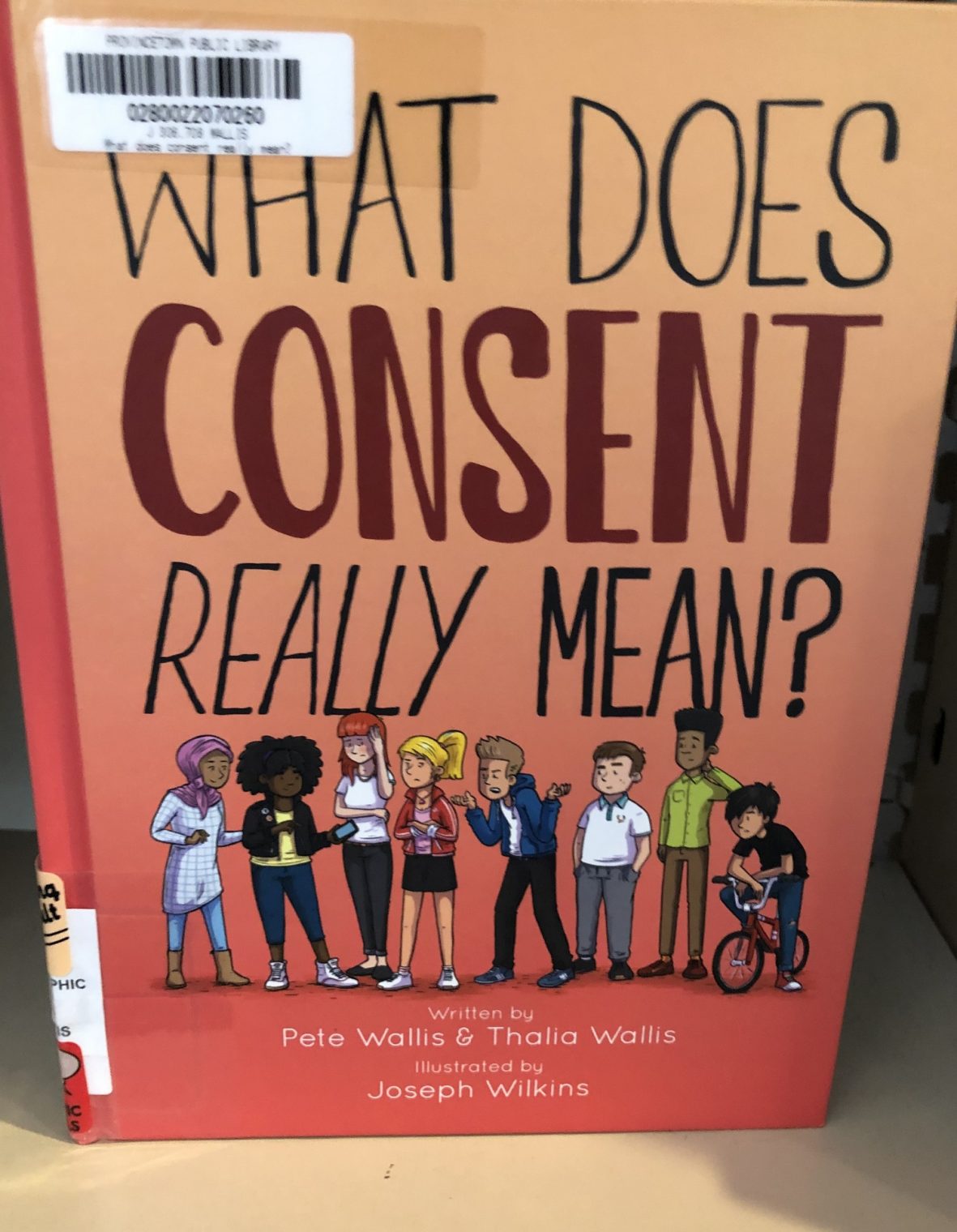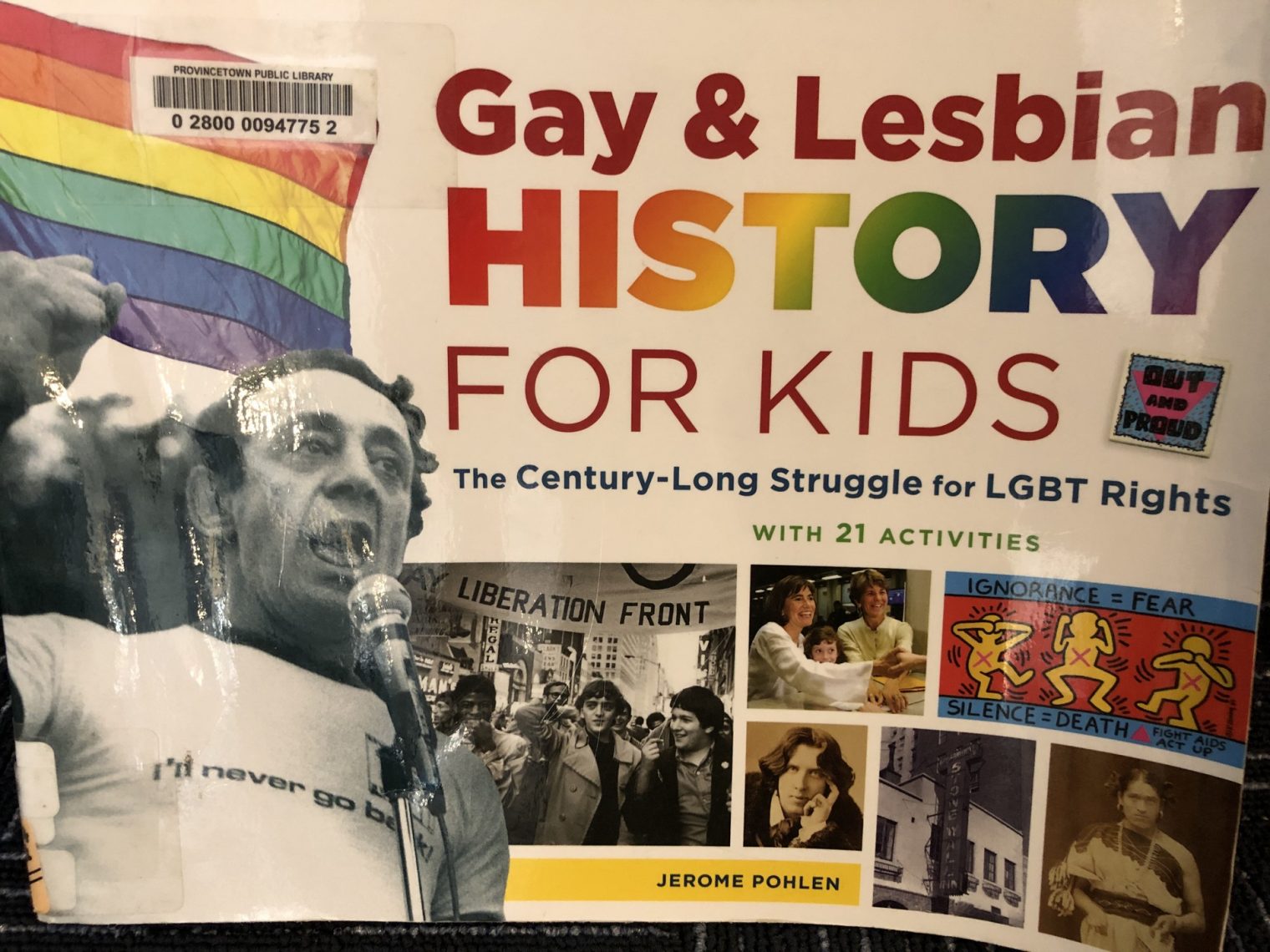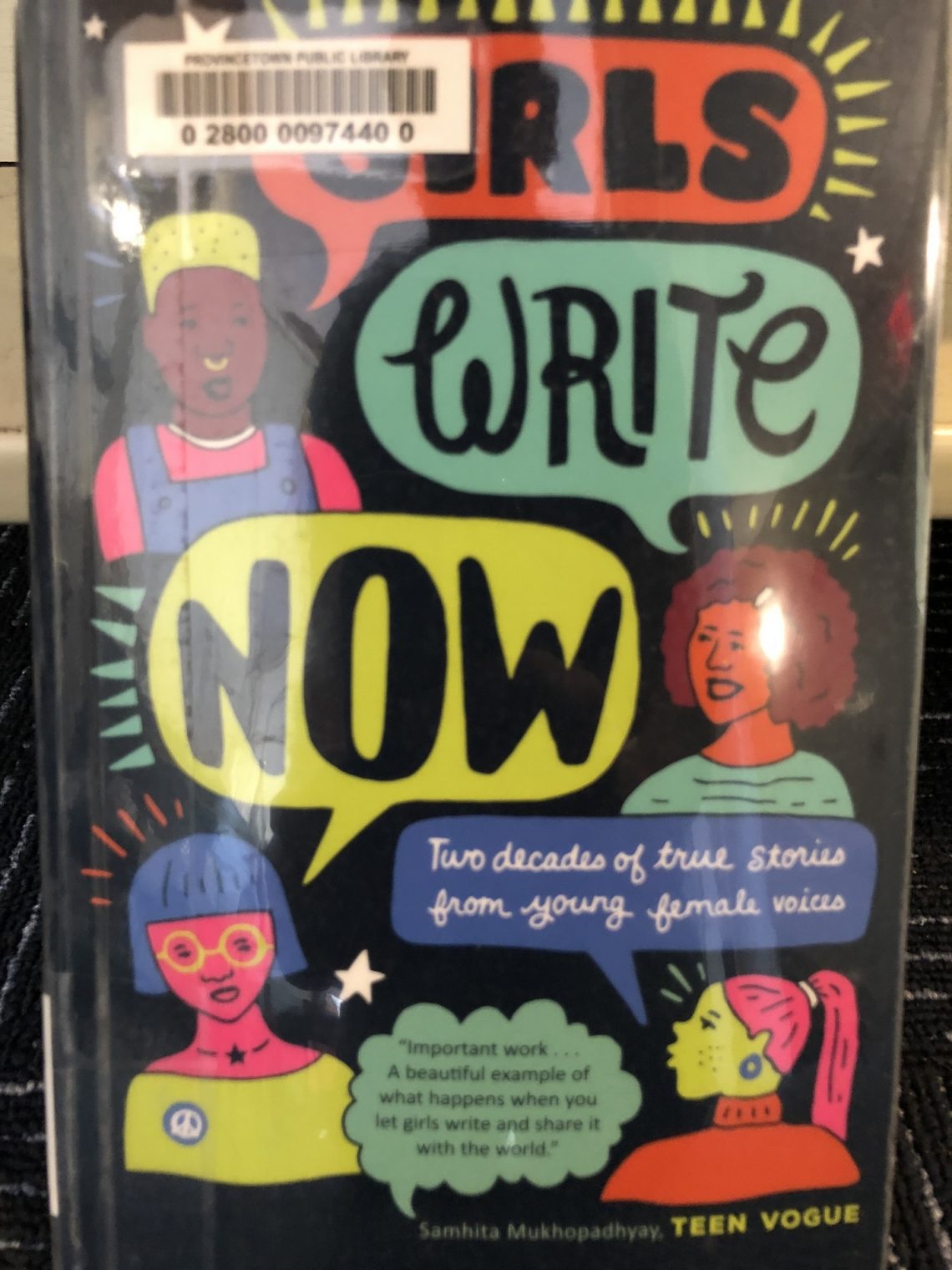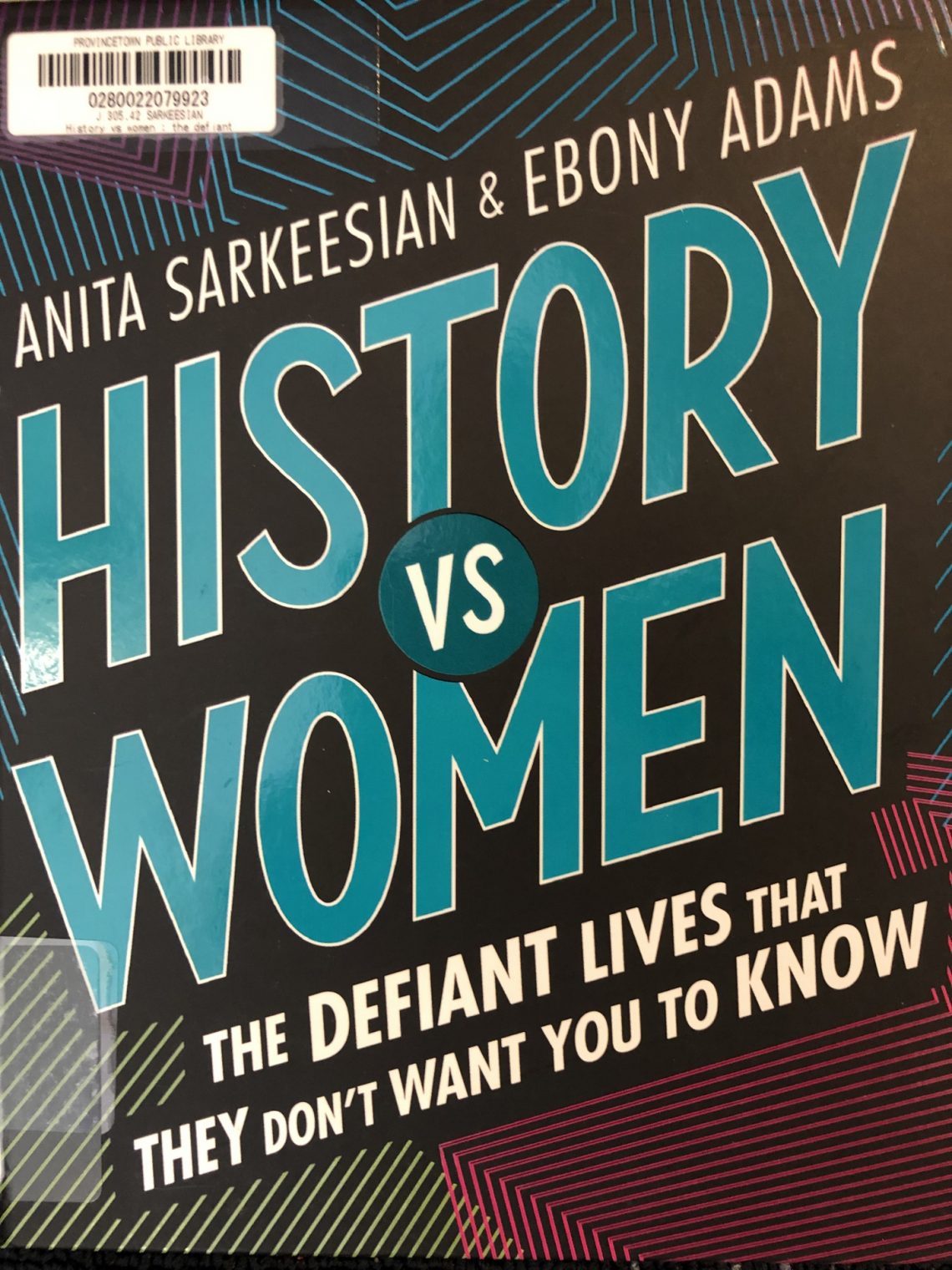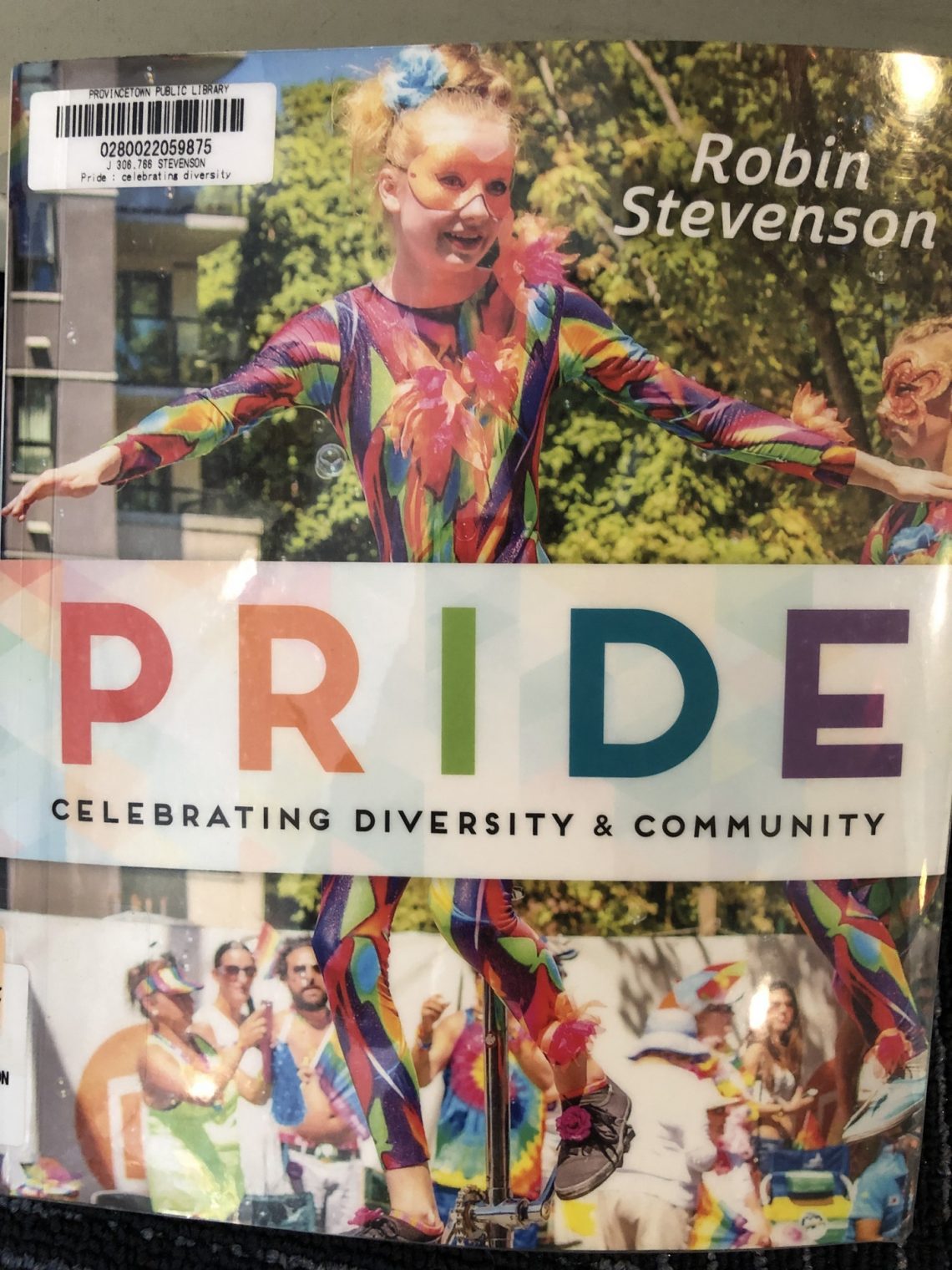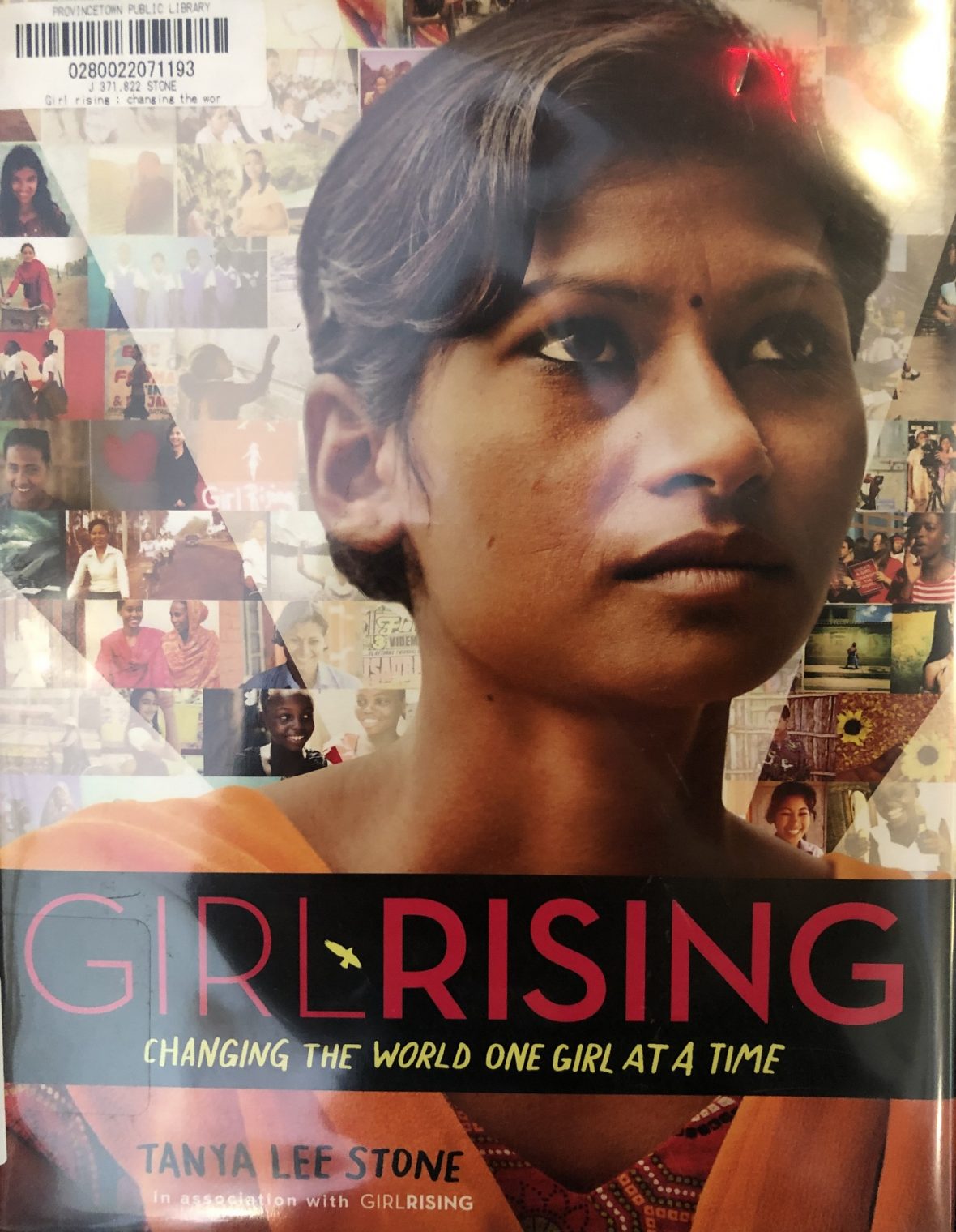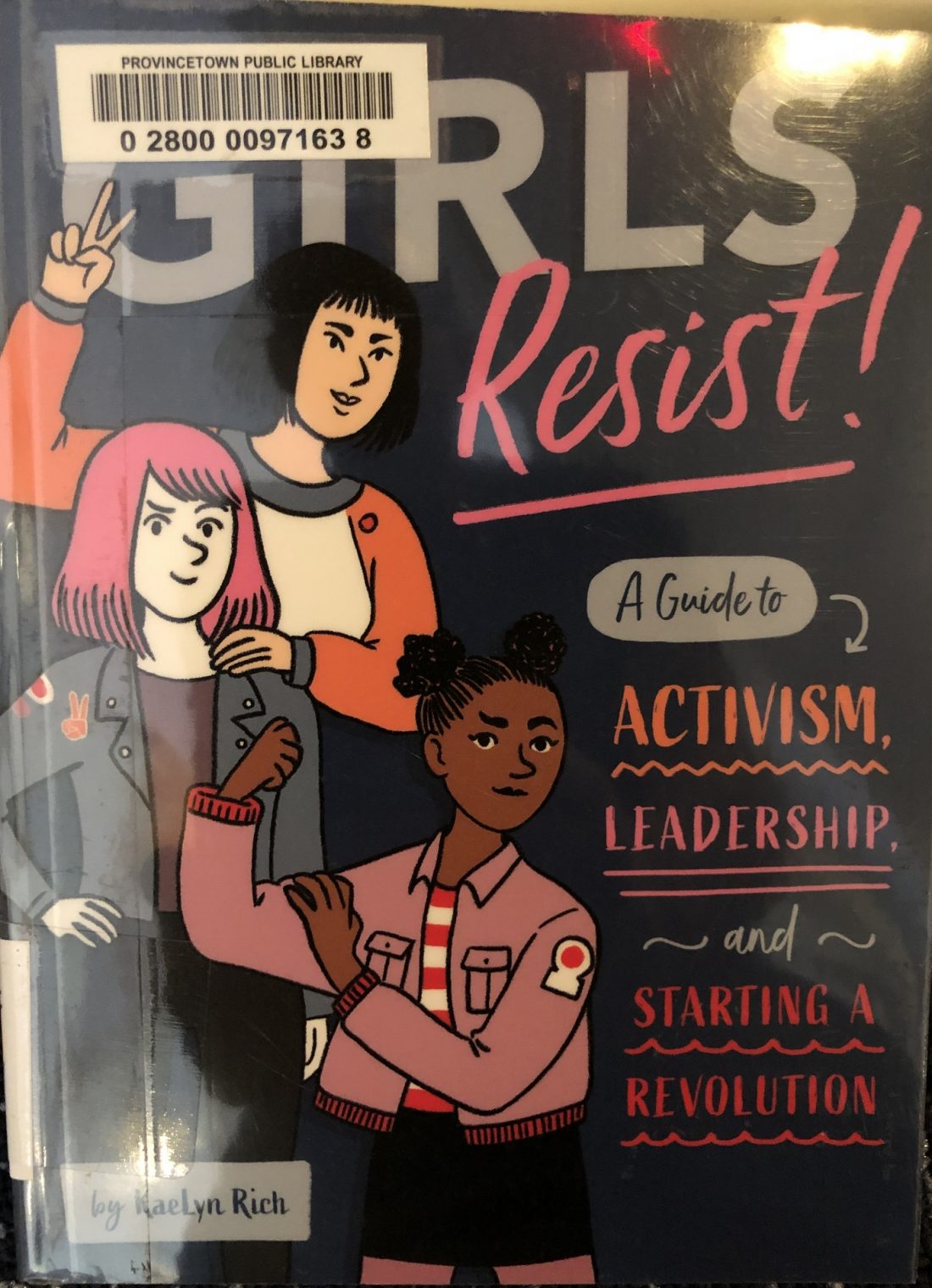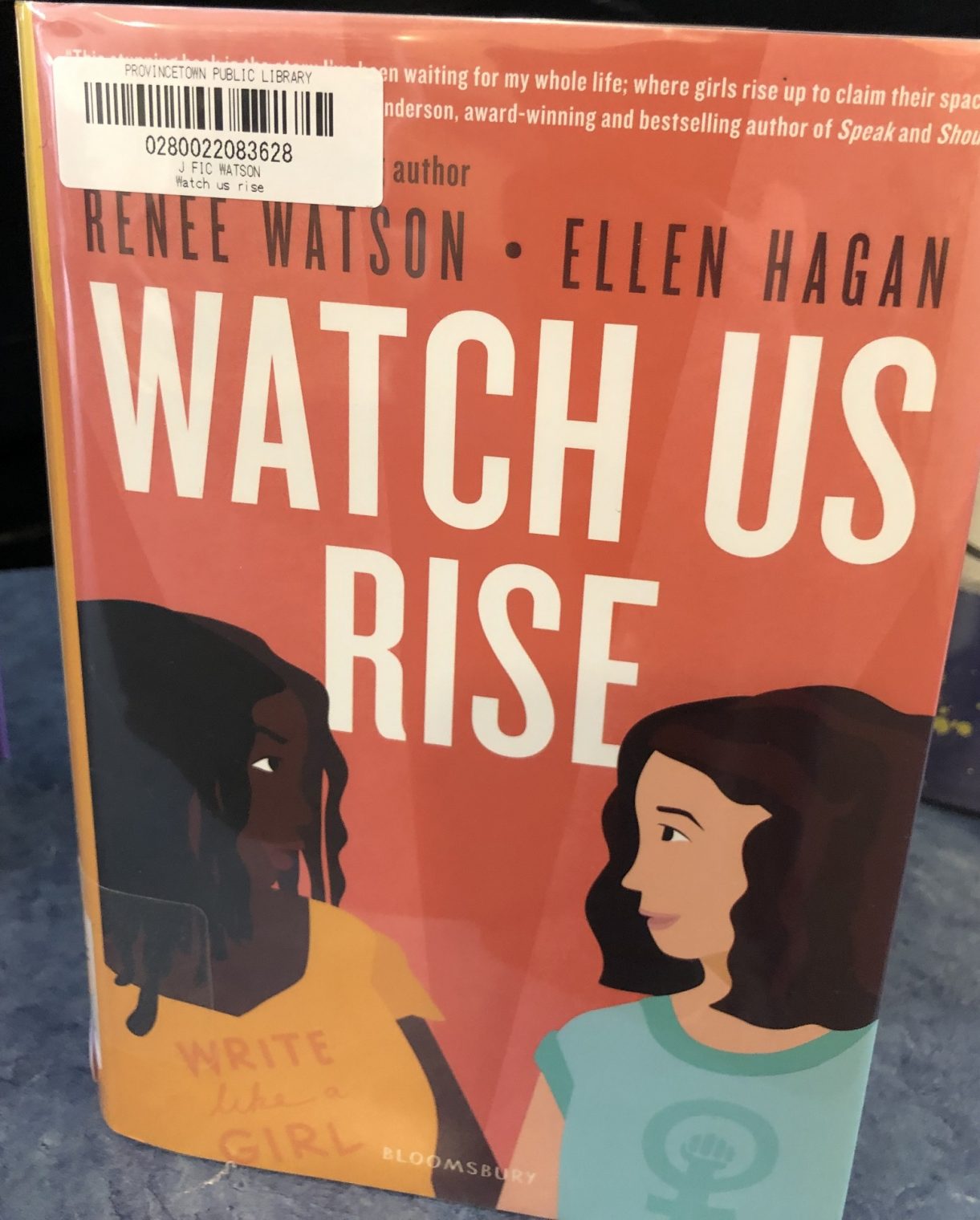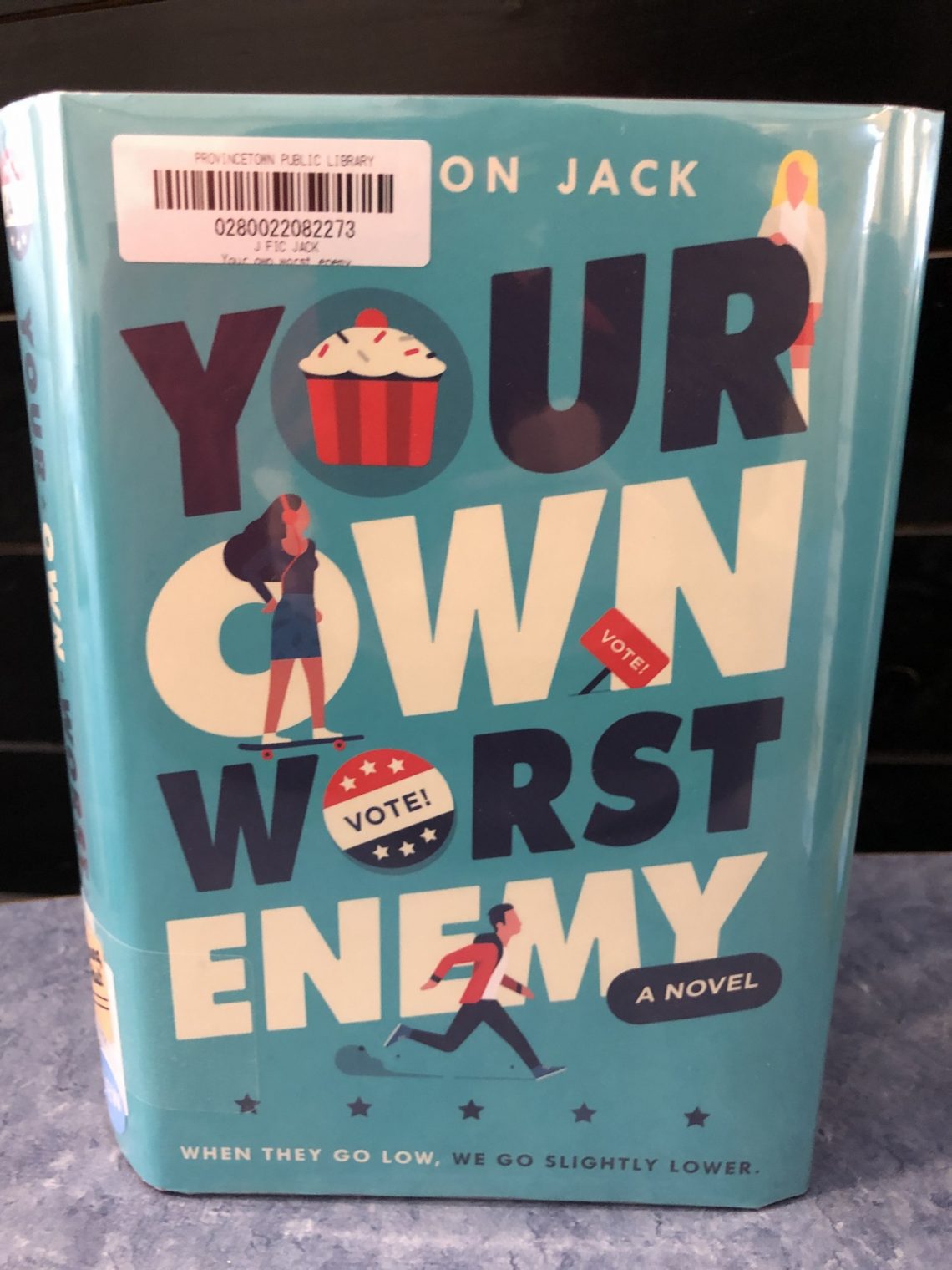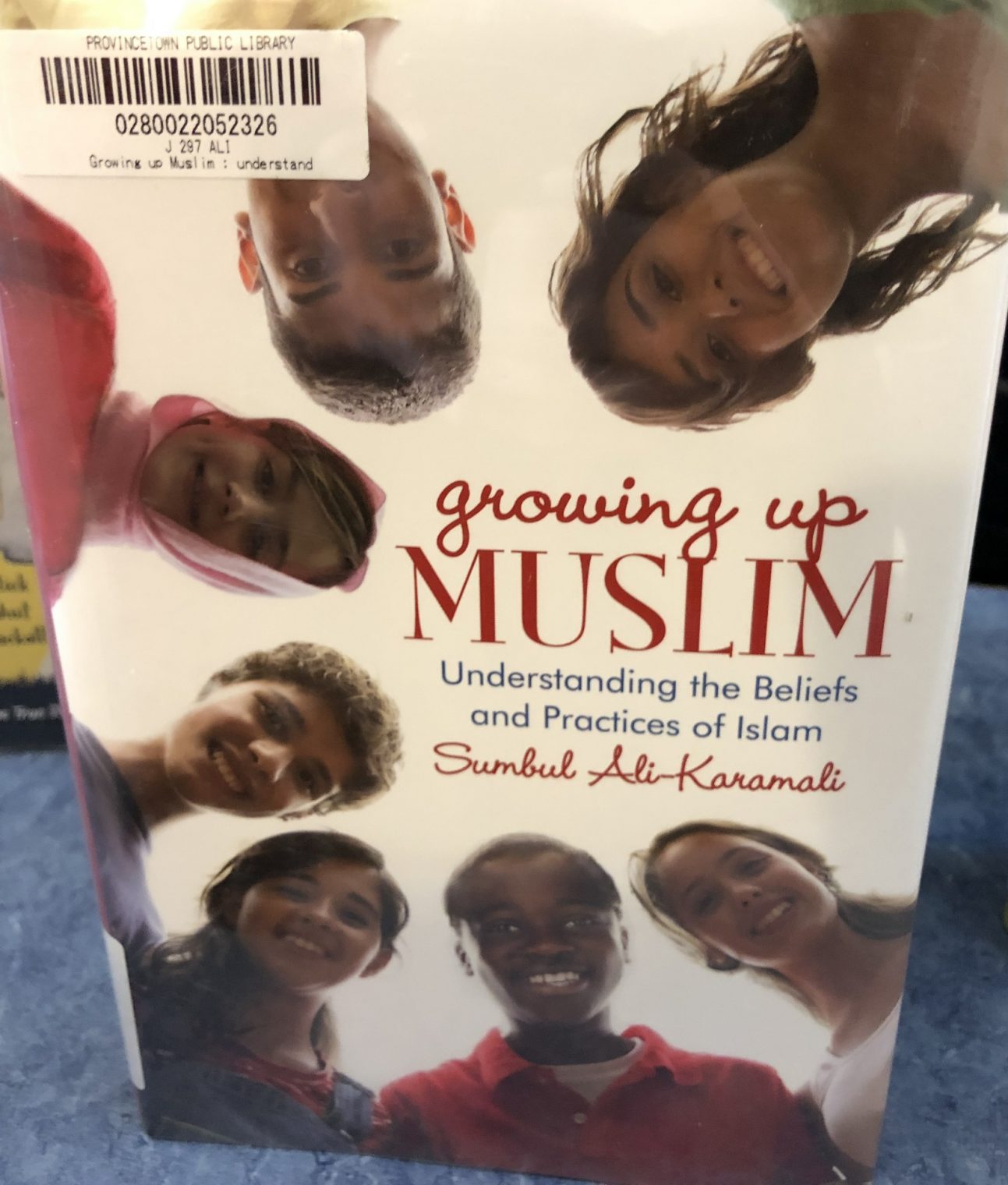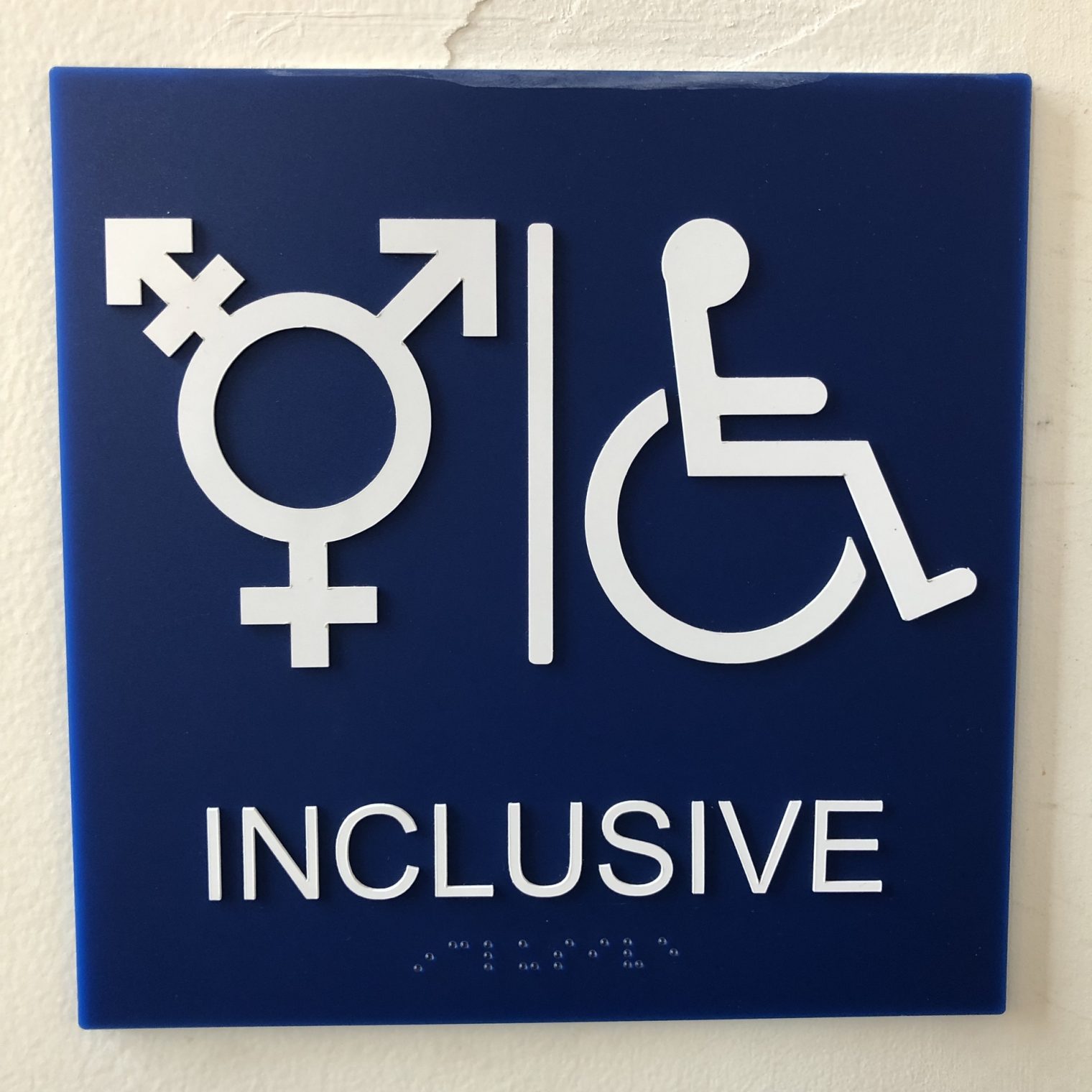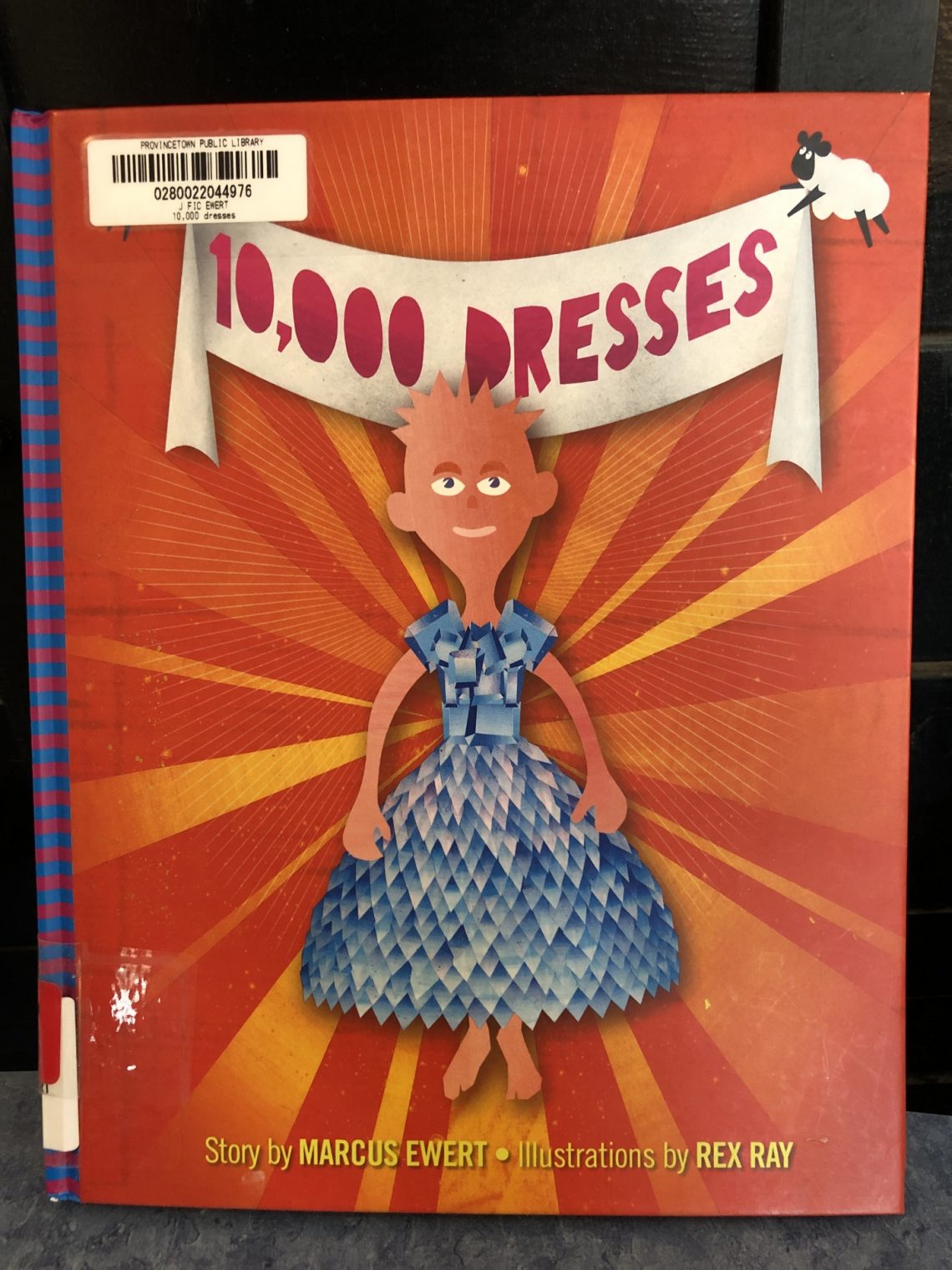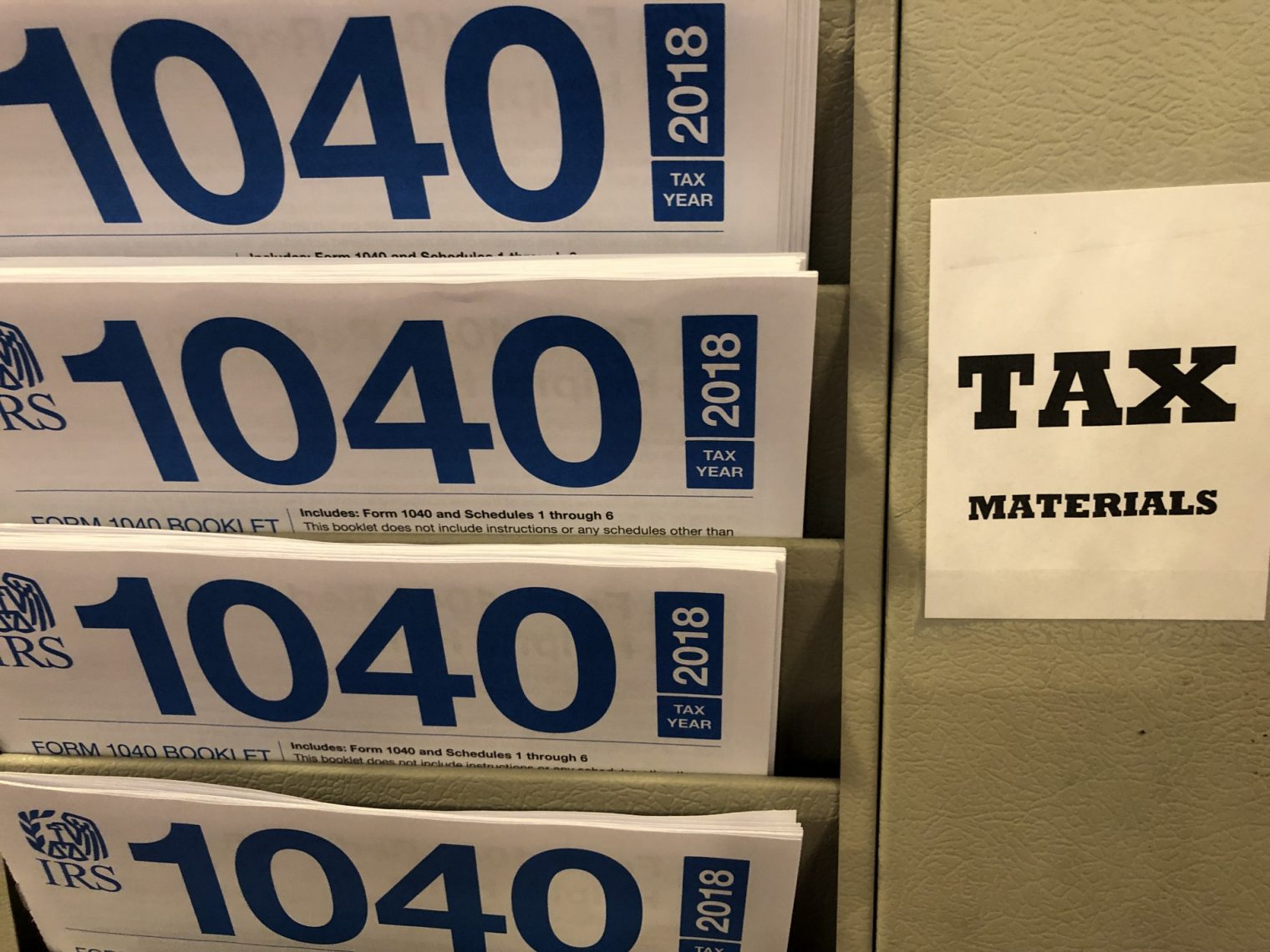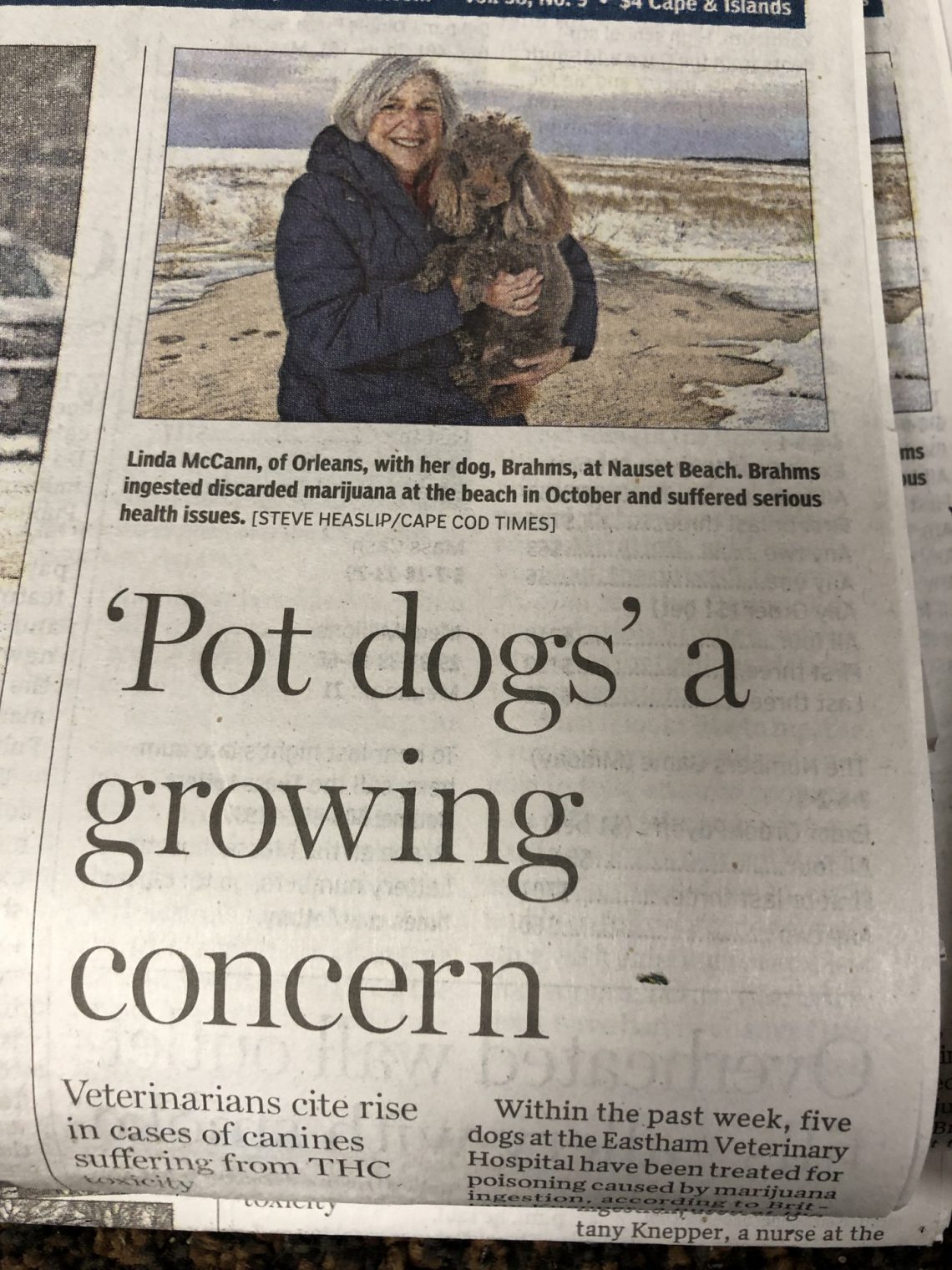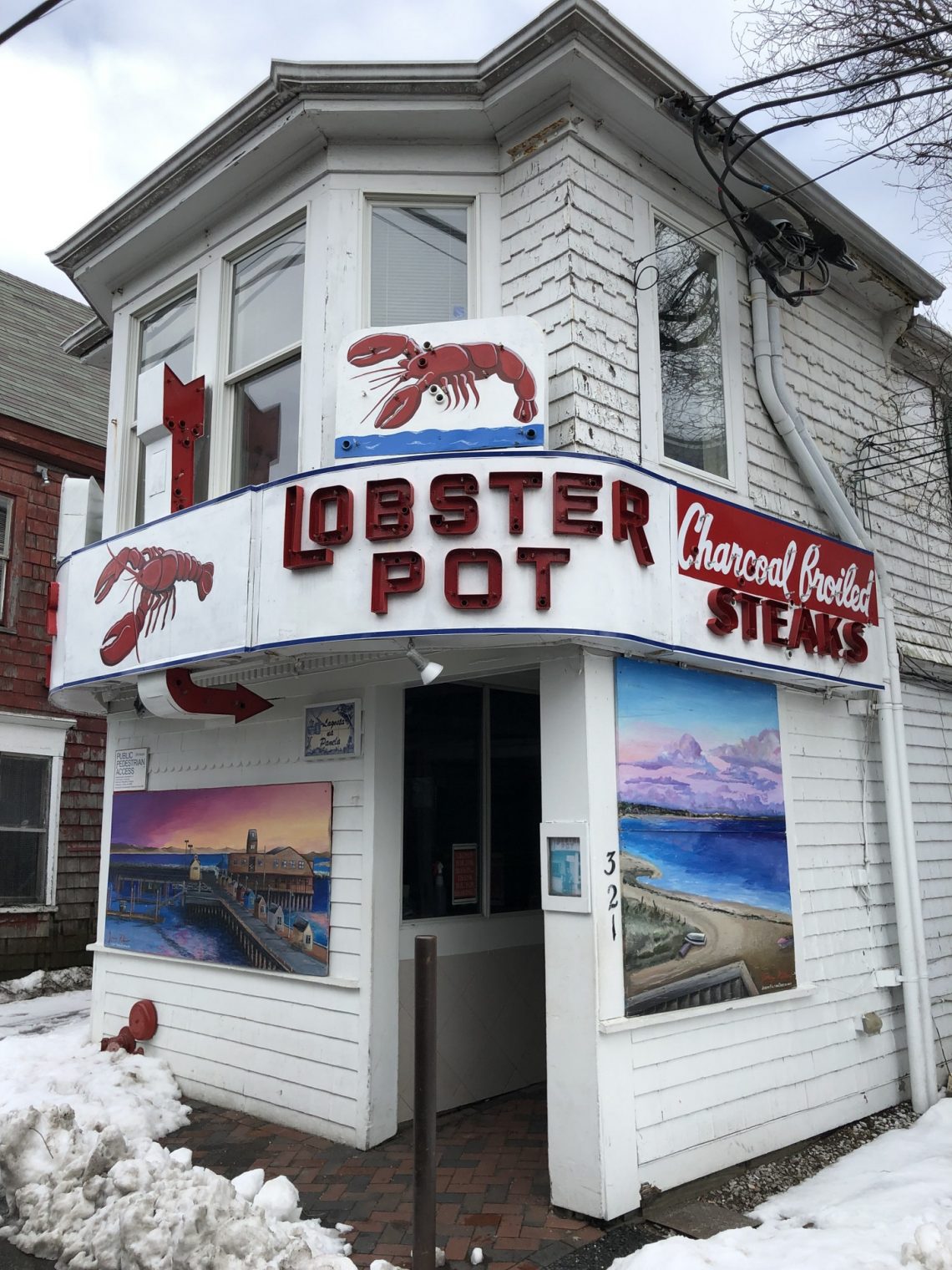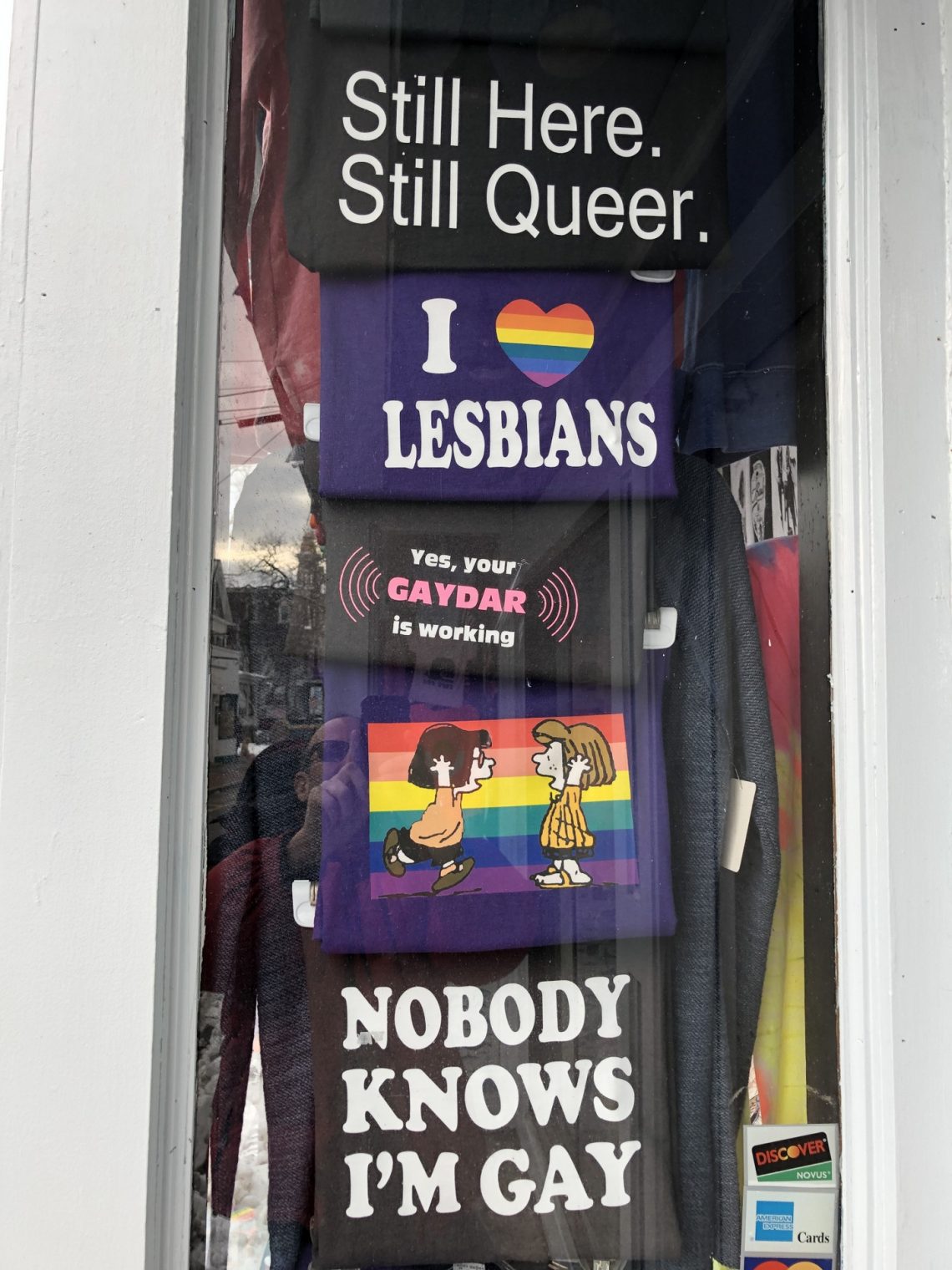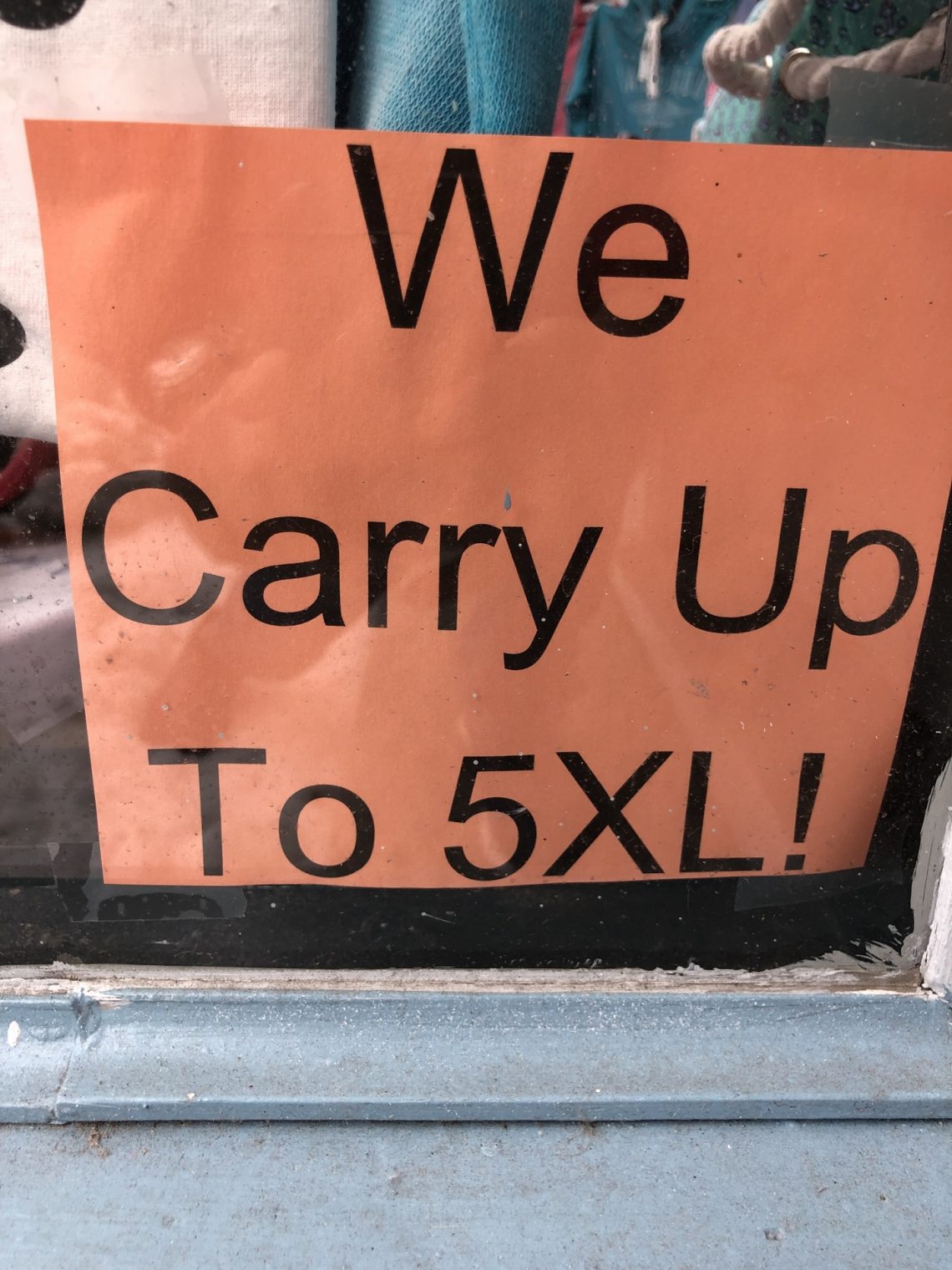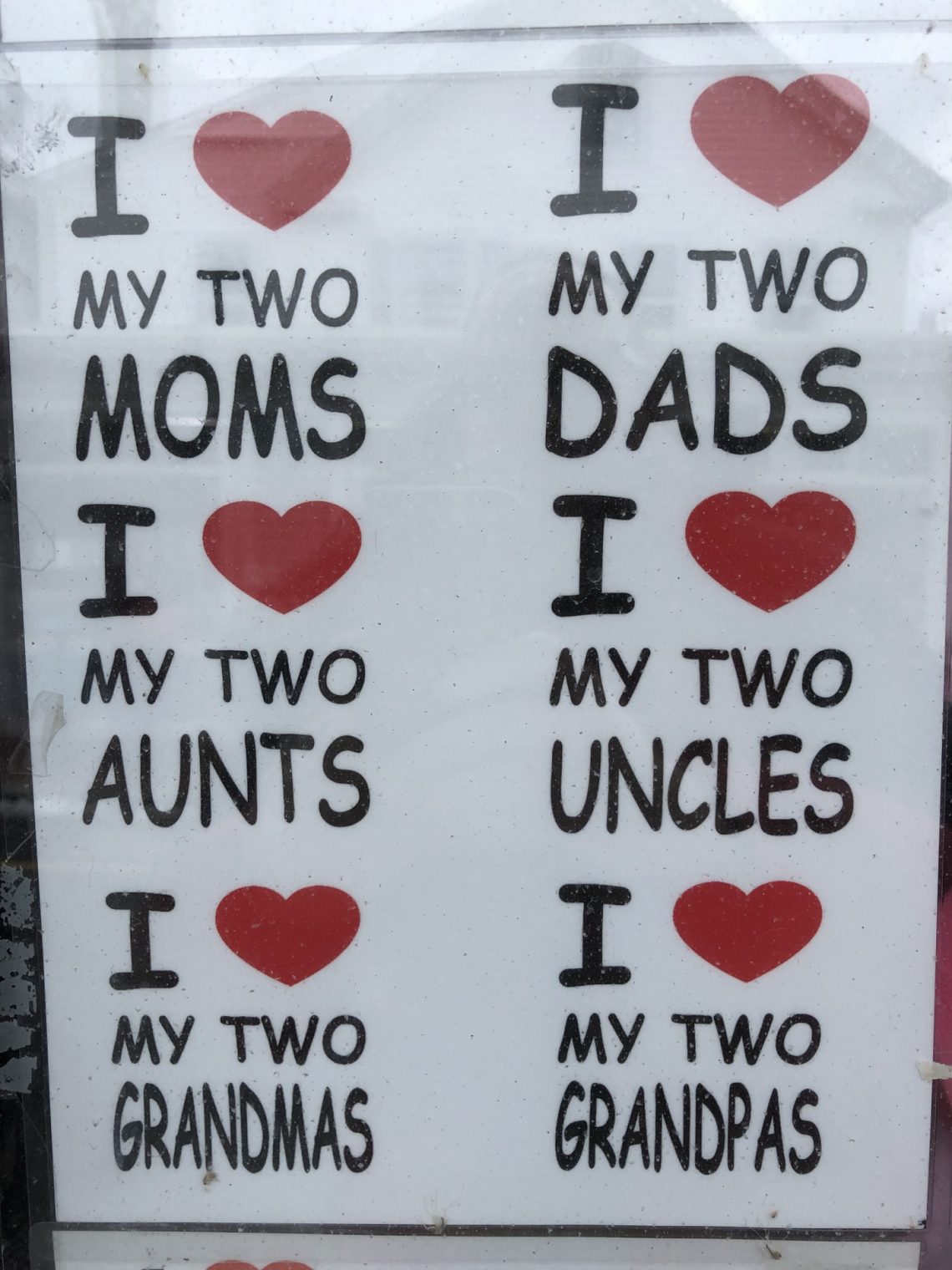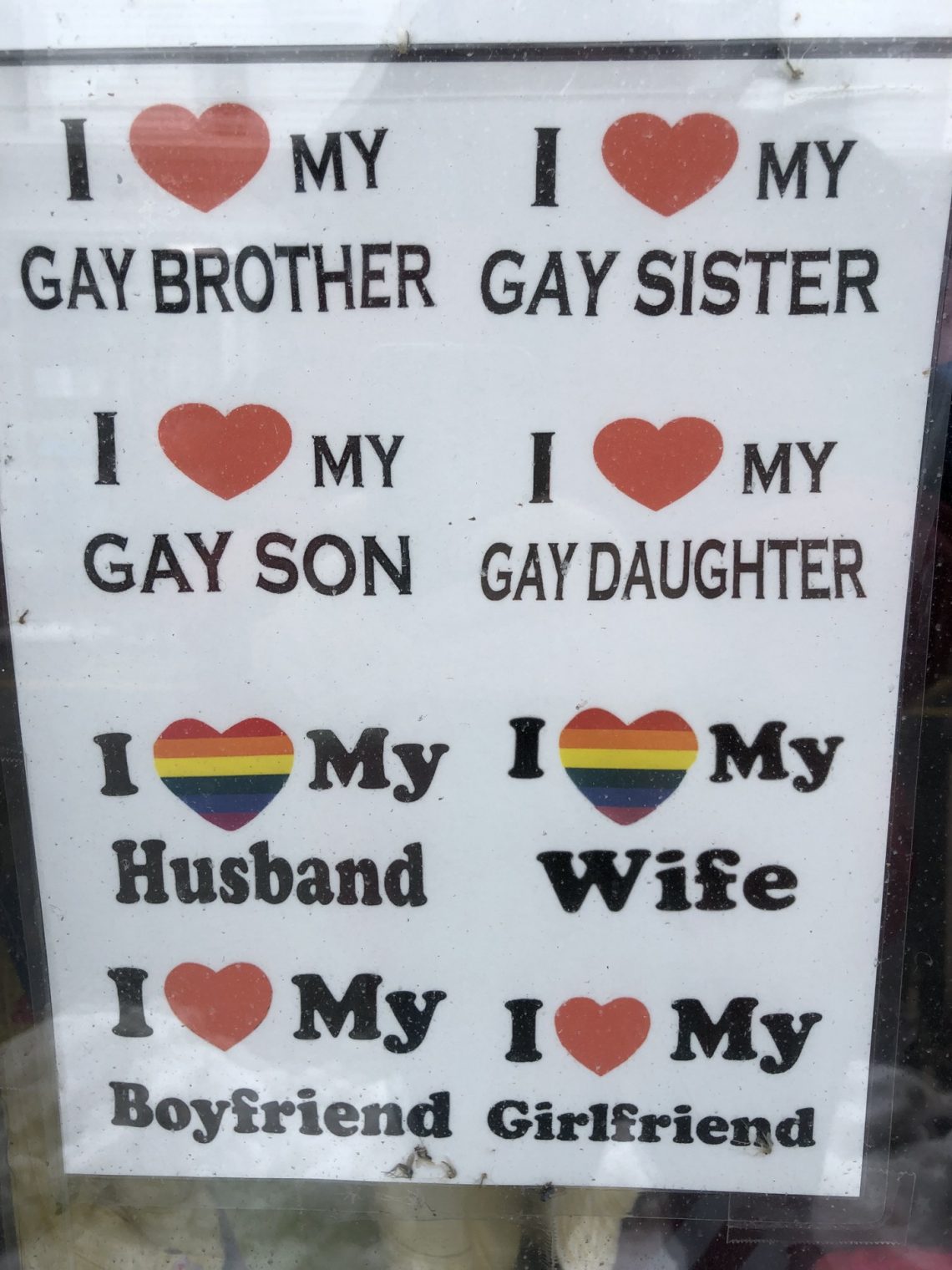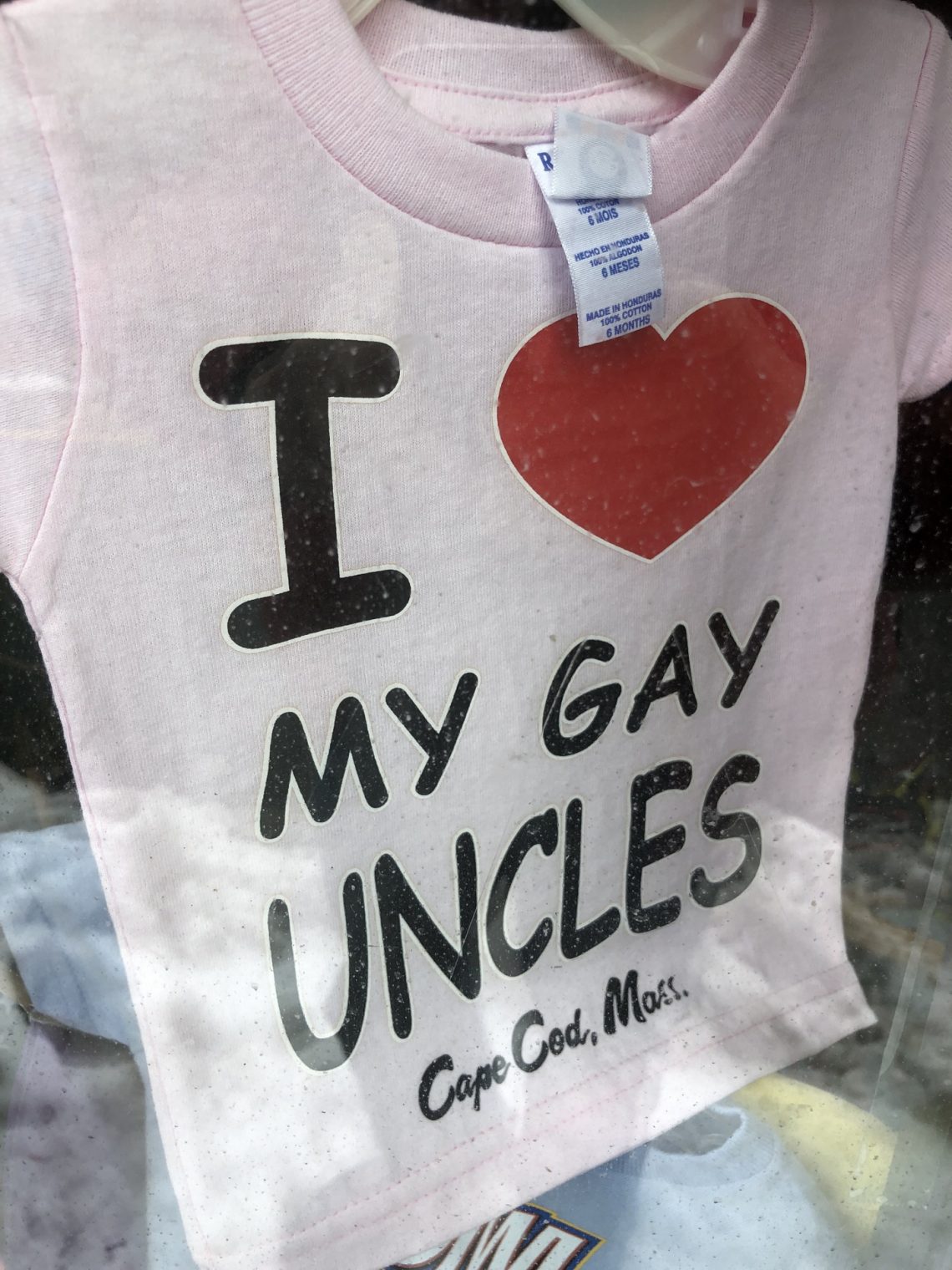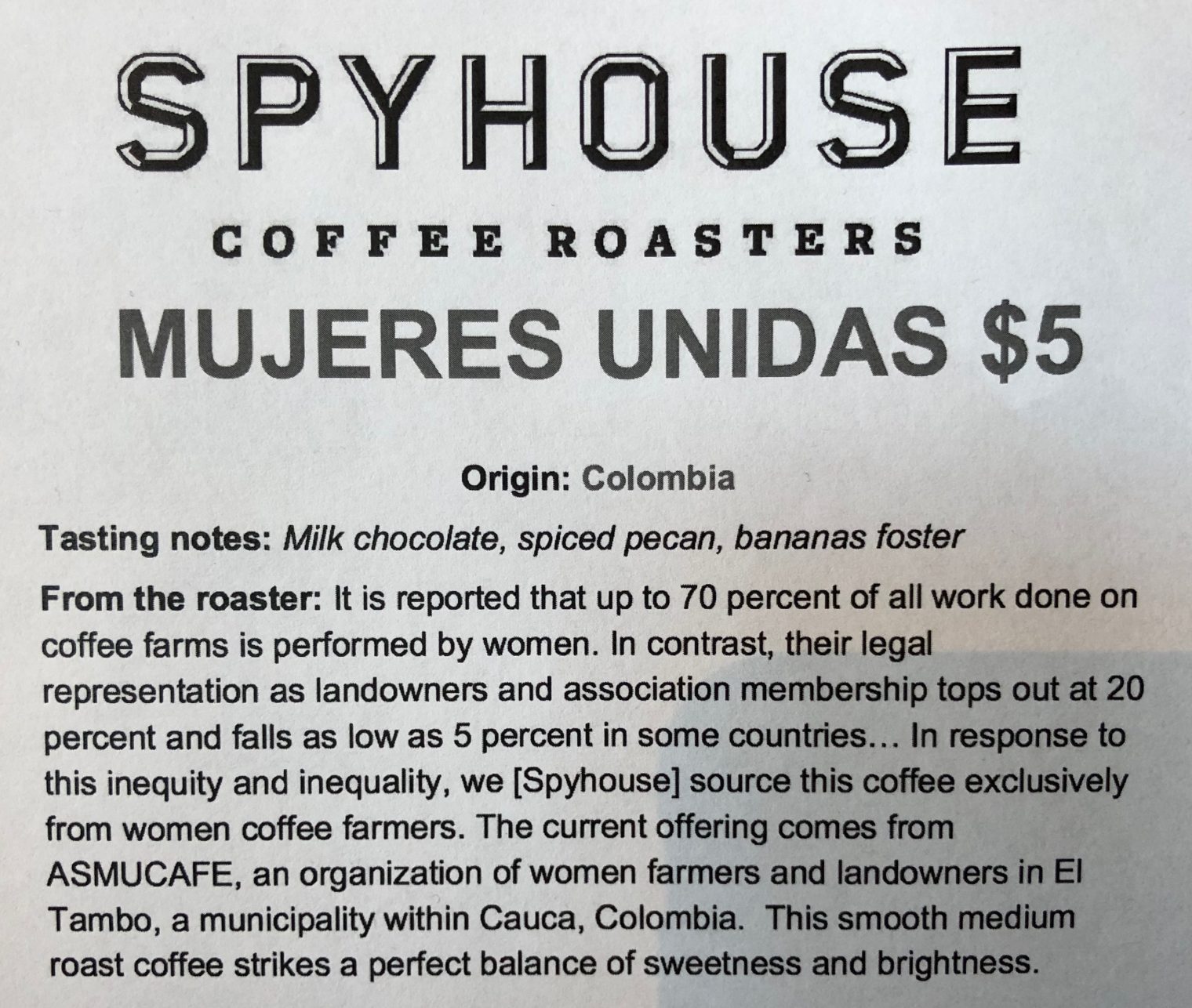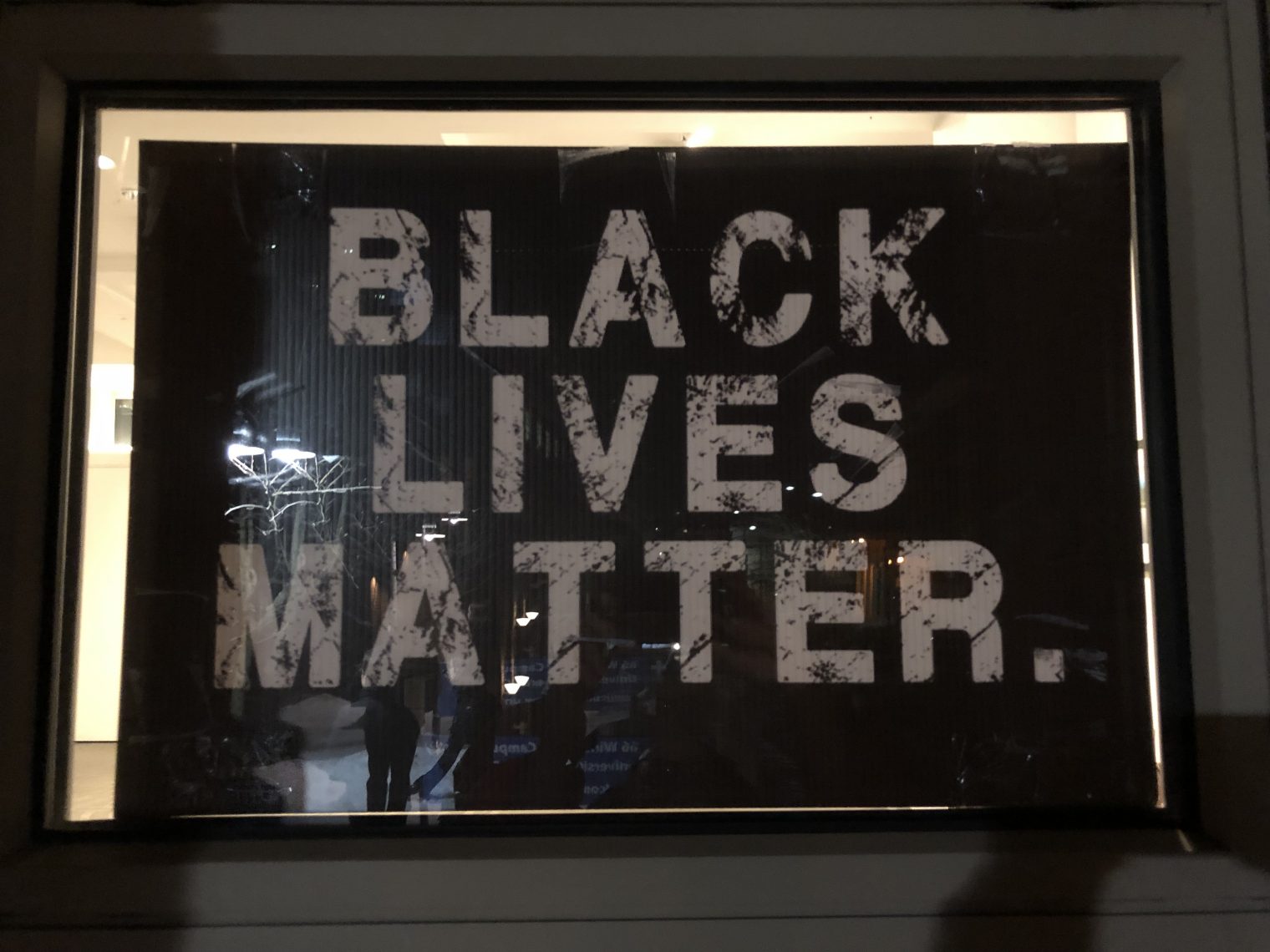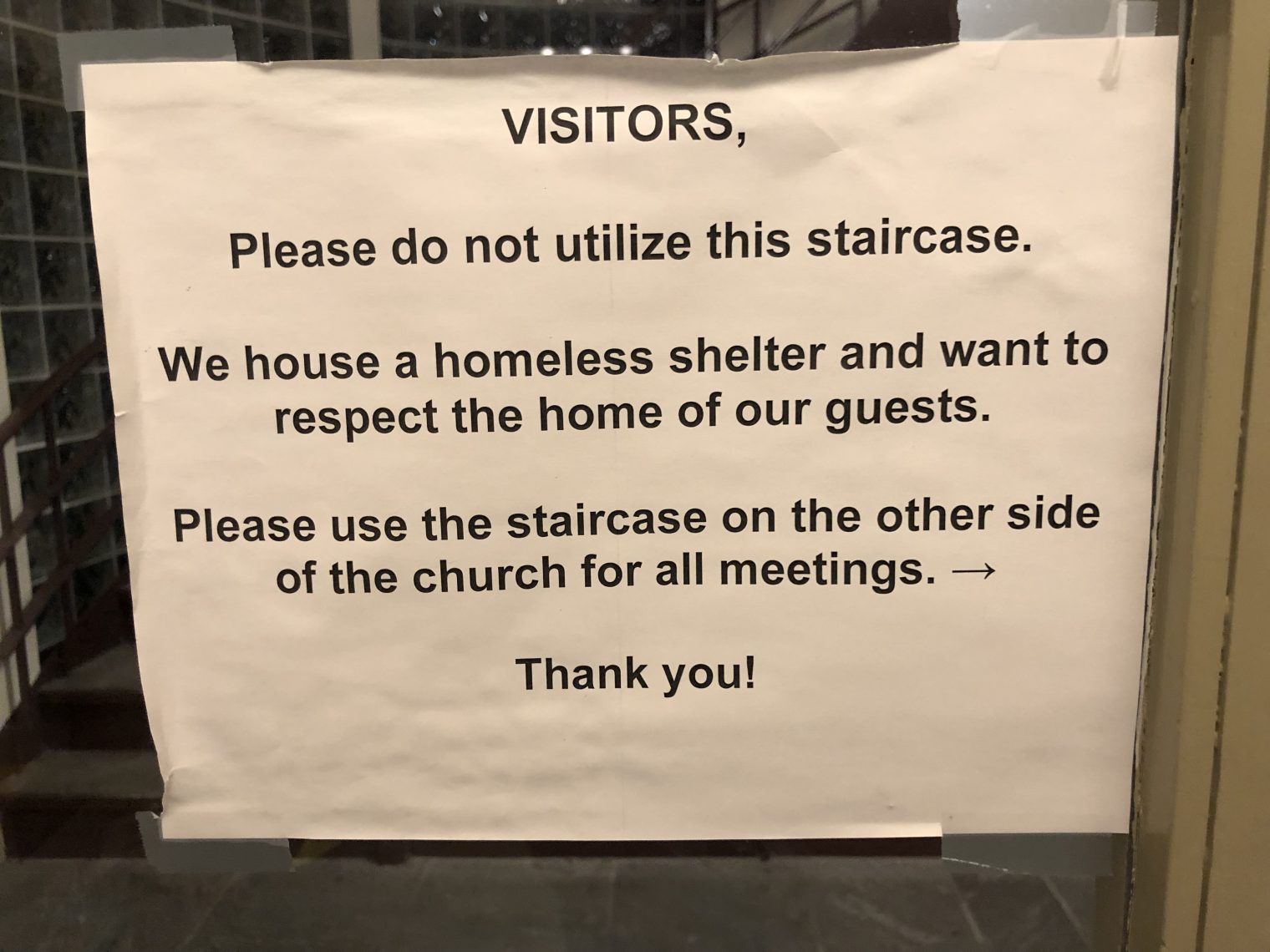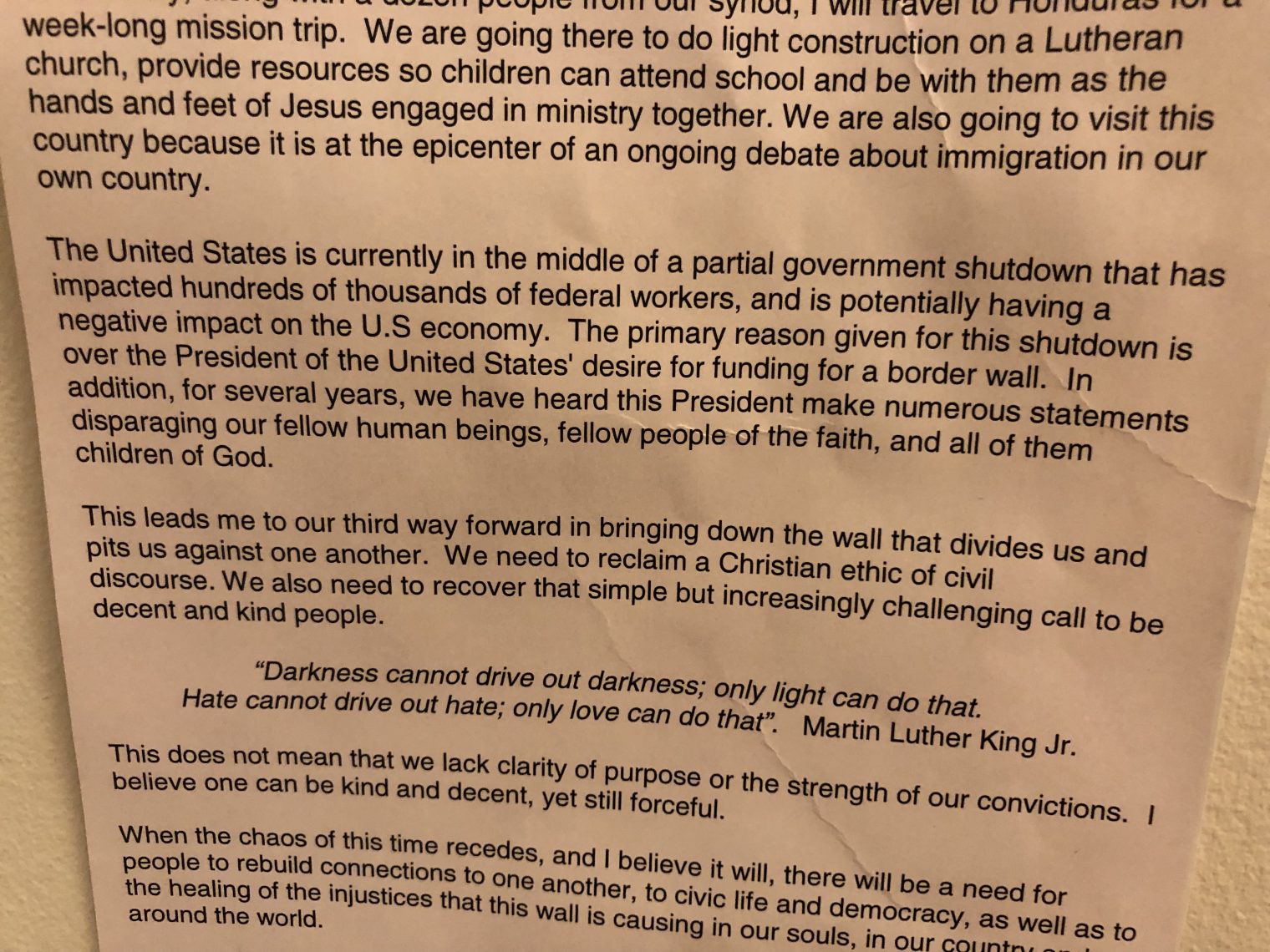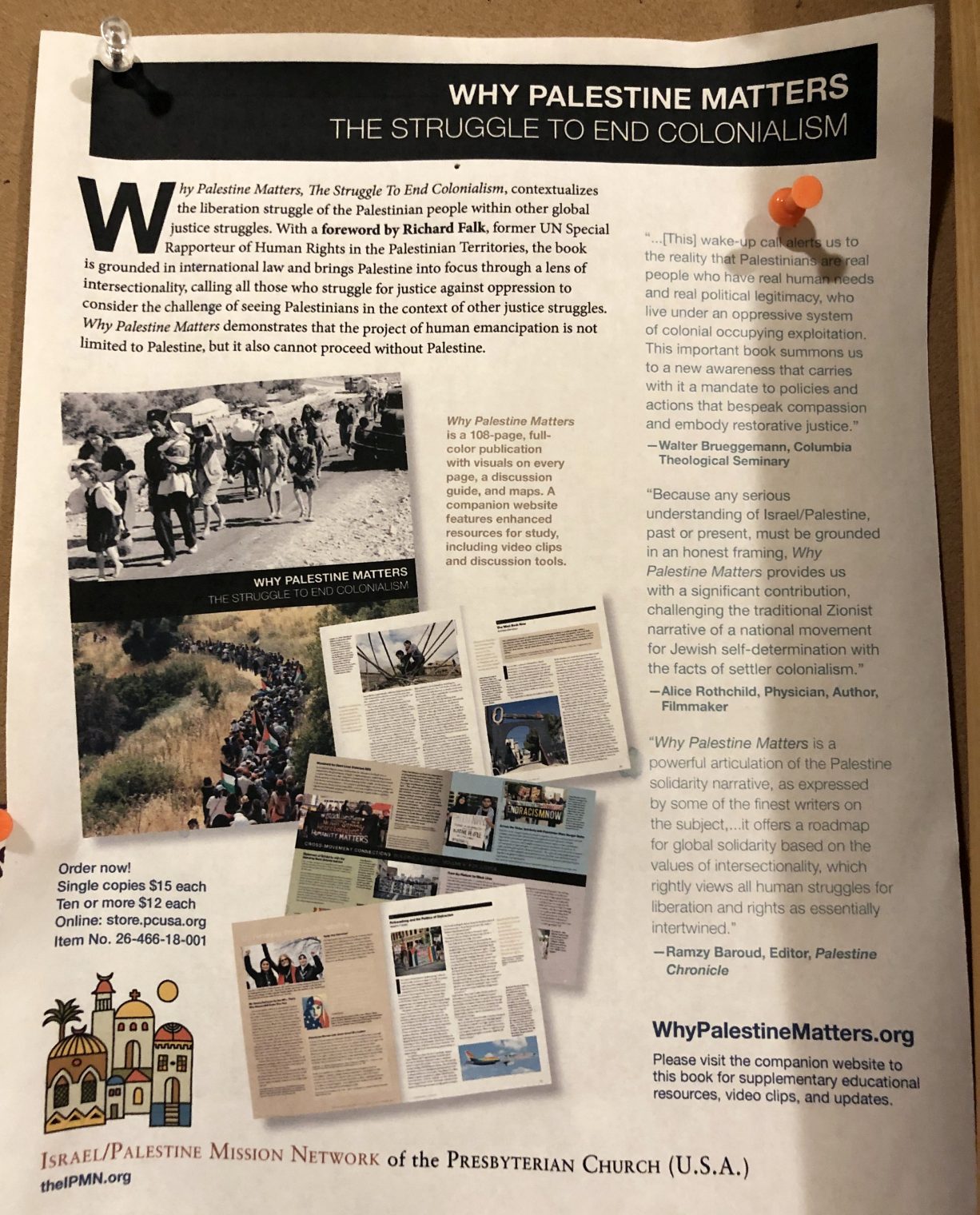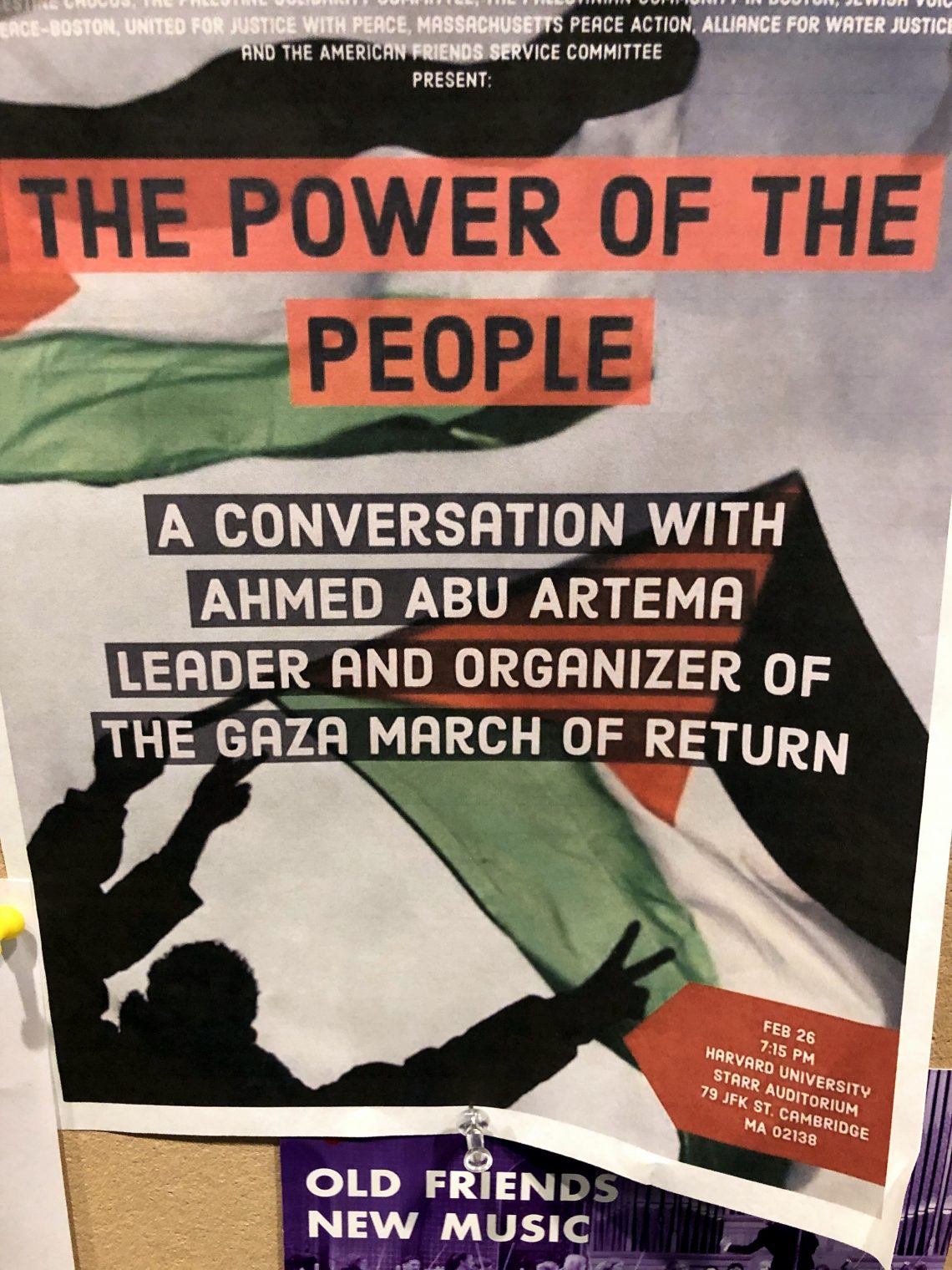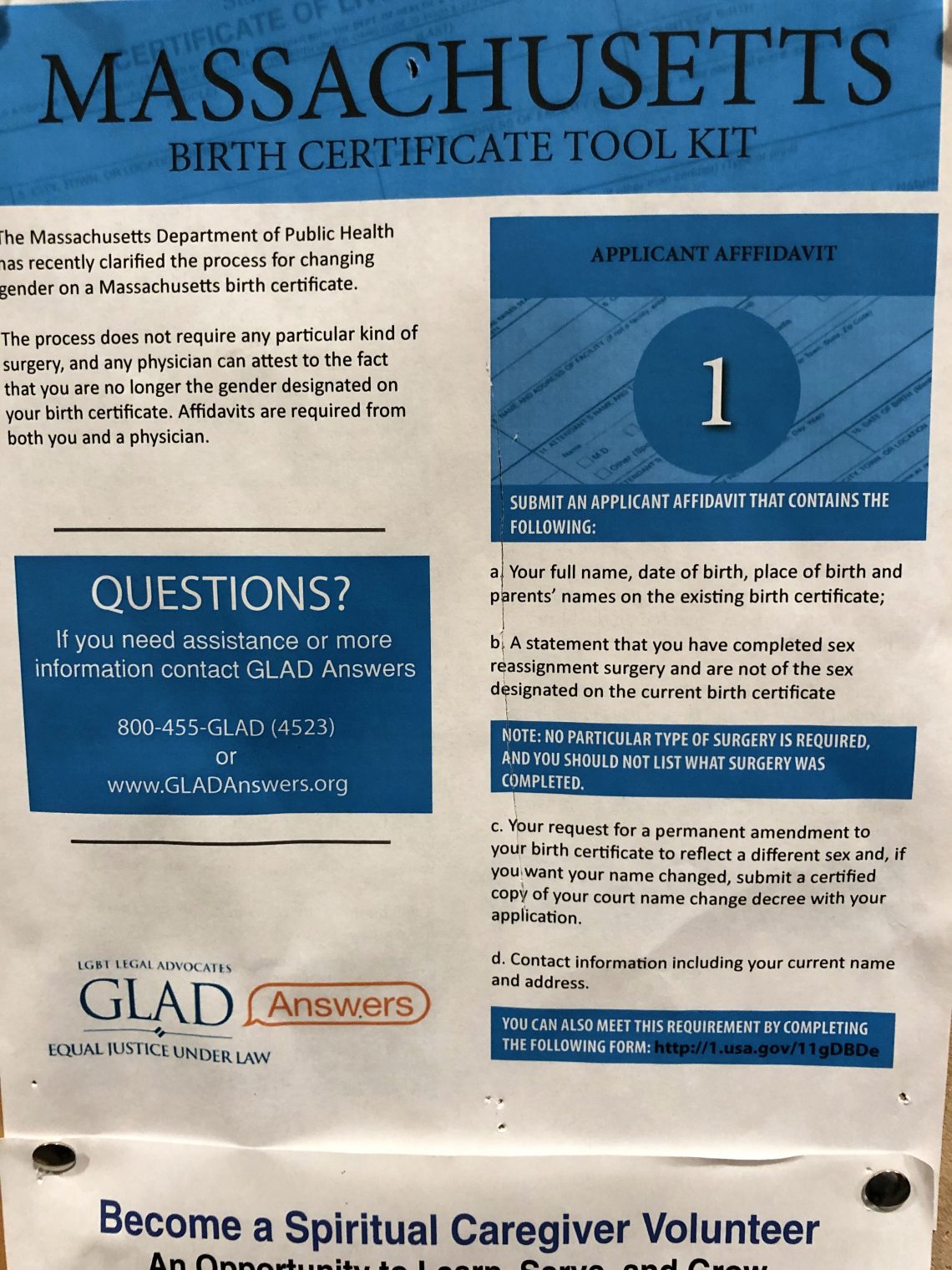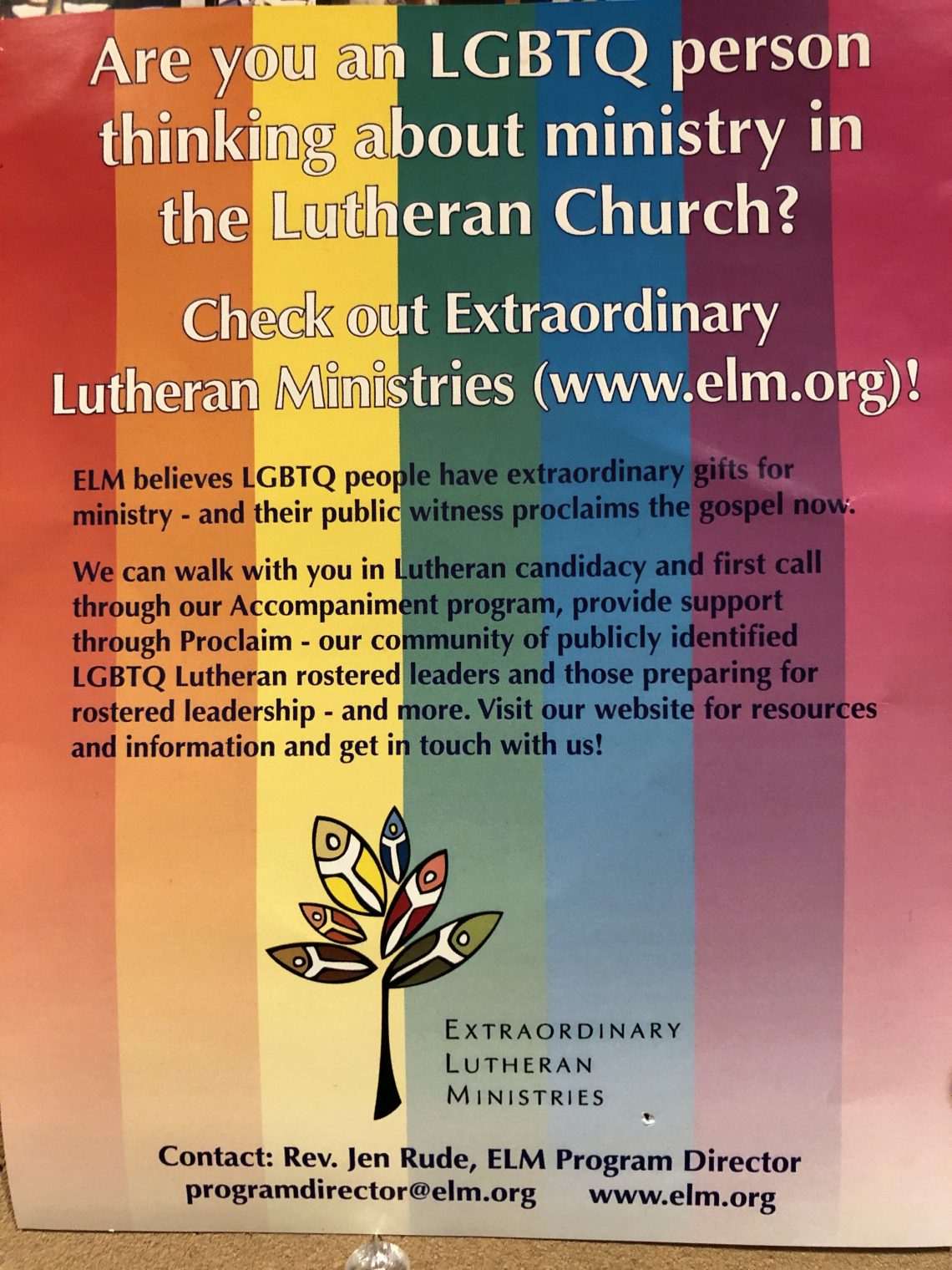The old white guy who led the First Parish church in our suburban town (Lincoln, Massachusetts), a union of Congregational and Unitarian, retired. The Millionaires for Obama on the church hiring committee found Manish Mishra-Marzetti, a young Indian-American (Indian from India, not Indian like Elizabeth Warren) to become the new minister (in 2015). He, his husband, and their two adopted kids (characterized as “African American” in the video link below) moved into our midst.
On paper, at least, this guy is exactly the kind of person that the residents say that they want to assist and/or get to know better. He’s the child of immigrants. His skin is nearly as dark as a Virginia Democrat headed out for a party. He identifies as LGBTQIA. He organized trips to our southern border to assist migrants. He sermonized against the evils of Trump and Trump supporters.
In a YouTube talk, he tells the story of playground interactions with the soccer moms. Spoiler alert: He bailed out on our boring suburb and moved to Ann Arbor, Michigan. This can’t be because he didn’t want to pay the 30-percent property tax increase (we are demonstrating our commitment to environmentalism by bulldozing a 140,000-square-foot school, having trailers trucked in to house students for three years, and constructing an identical-sized school on the same spot (full story); at $110 million and considered per-town-resident-student, this will be the most expensive school ever built in the United States). As pastor, he received free housing from the church and I don’t think that the church-owned house was subject to property taxation.
Watch the video (start at 8:30 if you’re pressed for time) and see what the Harvard Divinity School graduate learned!
The video made the rounds on our town’s mailing list. Some excerpts from the Millionaires Who Hate Trump (formerly the Millionaires for Obama):
Where is the outrage? The outrage each and every one of us should feel that we are the cause of this man and his family moving half way across the country so they could feel welcome!
Being black in America is dangerous, especially these days. Being a woman in America is dangerous as well. Being a Muslim is dangerous. Being any person of color… Being poor and homeless is dangerous as well – and there are homeless in the suburbs, even [Happy Valley].
When we were in our adoption classes years ago, one lesson I heard there and have learned over and over again is that if our children say they are being discriminated against, we had best believe them. For those of us that are members of the dominant society, it is not possible to fully recognize all the nuances of racism.
It’s unfortunate that the First Parish could be blamed for Manish’s
unhappiness, because they extended an invitation to him and his
non-traditional family, which other organizations might have denied. [i.e., because it was two daddies and two adopted children, this guy should have been grateful for the job because the rest of the country is even more hostile to gay multi-racial families? Where is the evidence that other Americans are yet more racist?]
it’s awesome how open and welcoming Ann Arbor has been, guess I need to check my own prejudgment of the general Midwest! [the minister’s new job, mentioned favorably in the video, is in Ann Arbor; folks here know so much about the rest of the U.S. that they assume Ann Arbor is solid MAGA land! (the square around Ann Arbor voted overwhelmingly for Hillary Clinton in 2016)]
He talks about his children which is a difficult issue for a male parent. [What better way to show one’s lack of prejudice than to assert that men are inferior at handling the challenge of talking about children?]
The perceived’symbolic moat around our Town should be a wake-up call that I hope our Town leaders will address. Perhaps the [Board of Selects] might consider forming a Task Force on Ethnic and Gender Diversity and Inclusion in [Happy Valley]. The enormous amount of money we are spending on a school building will not make a “school” unless we teach the values of embracing differences to both parents and children in school and outside in “playgroups”.
As a person of color [who let her in?!?], I am quite tired of “seeing the intent” of my fellow citizens, and having to assume the best of them every time I’m asked where I’m from (or even “where my people are from” if I don’t play along nicely. Even in the [Happy Valley] post office I was asked if I was from Outer Mongolia. Hey, I’m from New Jersey.) I’ve spent a lifetime of assuming the best of people when they make me feel like “other.” Maybe it’s time for the majority to take a deeper look at their own biases and presumptions. Please don’t whitesplain Manish.
Do you know how many times I’ve been asked where I’m from? Exactly zero. Because I’m white. It’s not difficult to understand how a question like that, given our society’s history, could bother a person of color who not only has to field the question frequently but recognizes that the question often comes with undertones of “do you belong here?” [You belong if you want to spend $250,000 per town-resident student on a renovated school!]
I cannot convey enough how valuable this book has been for me. Everyone can get something from it. White Fragility by Robin DiAngelo [I don’t think it addresses how whites should deal with the fact that average white IQ and income is lower than average Asian-American IQ and income]
Speaking as a woman who was an international athlete in the 70’s and who suffered greatly from the negative assumptions then prevailing about physically strong women and the privileges available to male athletes which were denied to women, I can attest that although times have changed for the better, I still see anti-female intent in events where others don’t necessarily see it. The Kavanaugh interviews were a good example.
[From a guy with an Indian-sounding name] Most (All!) immigrants are vulnerable. On some difficult circumstances they had to leave their native country. They are looking for support and help. [Maybe the U.S. could set up a program where an immigrant who wants support and help could get free housing, food, health insurance, and smarthphone from the government? To be funded by taxes on the native-born…] Hence an immigrant can feel intimidated by seemingly unfriendly questions. … The color of skin adds another layer of sensitivity. Here it is a function of profiling the person as less intelligent or of lower character. I observe this as a cultural issue in the US because of the history. Because of my own skin tone, i have faced such individuals.
On Sunday afternoon, over a hundred people gathered [at the church] for a facilitated workshop and discussion of our reactions to the video. … The First Parish, founded in the New England tradition of individual thought and conscience, is a democracy. [I wonder how long a member would last after expressing the individual thought that Donald Trump would make a better president than Hillary Clinton!] Many people who thought they had gone out of their way to welcome Manish and his family to the church and to [Happy Valley] are disappointed by their failure to make that welcome fully understood. [The white say-gooder (few actually take action and rise to the level of “do-gooder”) is doomed to be misunderstood] We do need to take a careful look at who we are and who we appear to be when we deal with newcomers and people who feel like outsiders. [i.e., the problem is mostly the appearance of white narrow-mindedness]
Full post, including comments 